INTO THE WOODS
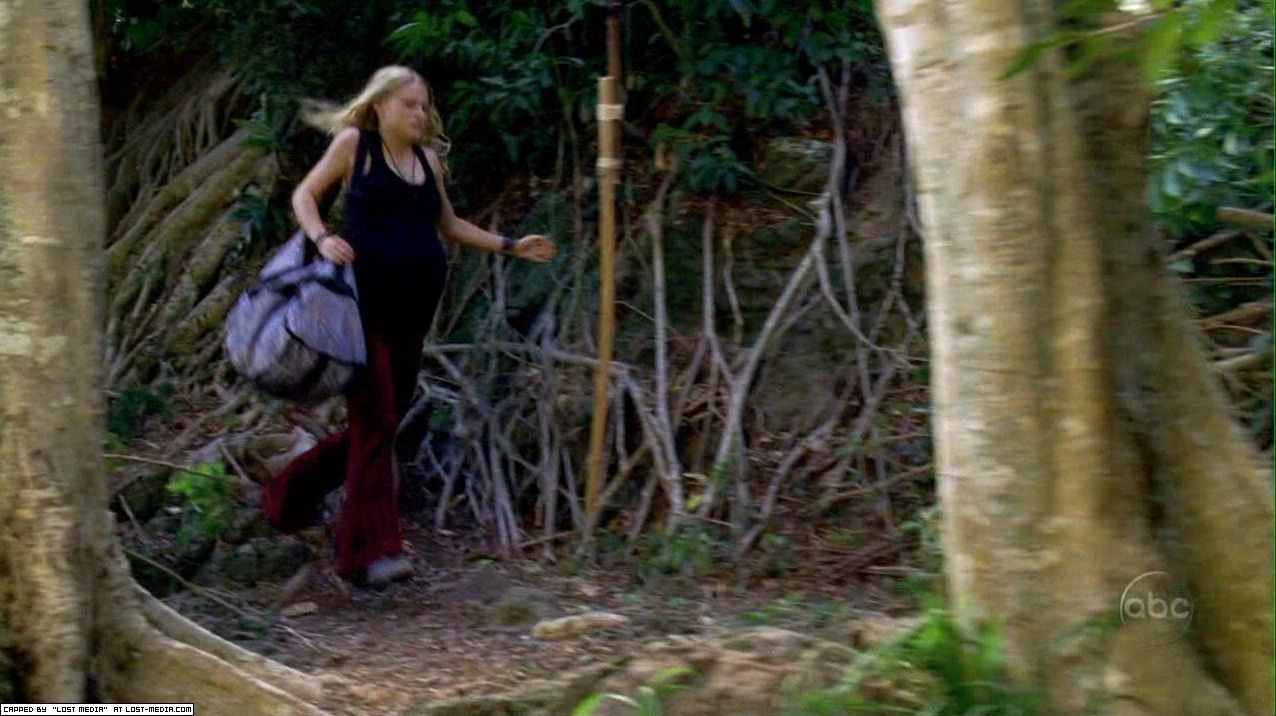
“We live as we dream - alone.” - Joseph Conrad
By the ninth episode of Lost we had all begun to learn the rhythms and the irrationale of the story. We knew the major players. We understood they had been consumed against their will into a world of menace and magic. Their frail humanity was no defense against the terrors that surrounded them. Naturally, they were frightened.
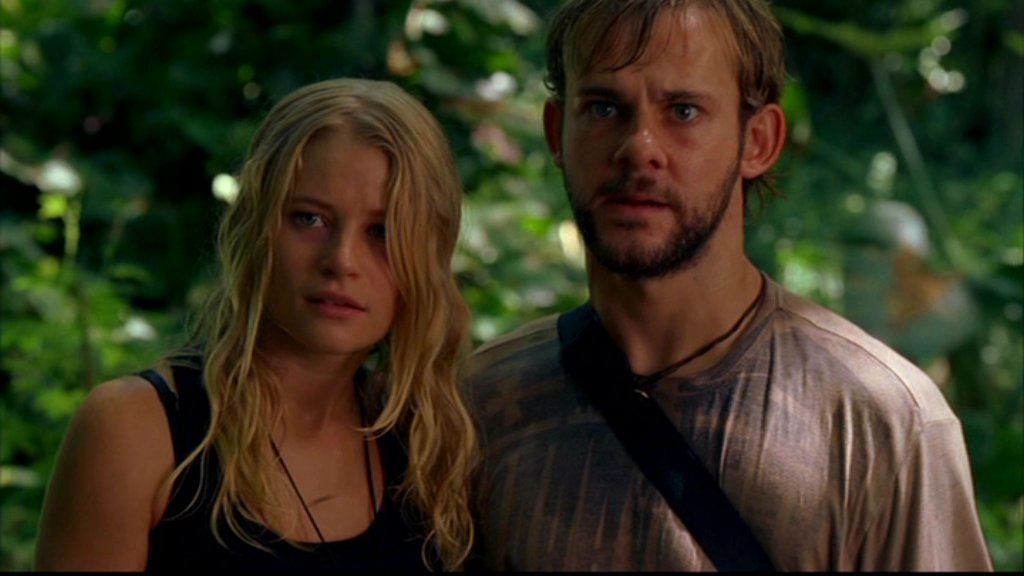
Bewildered.
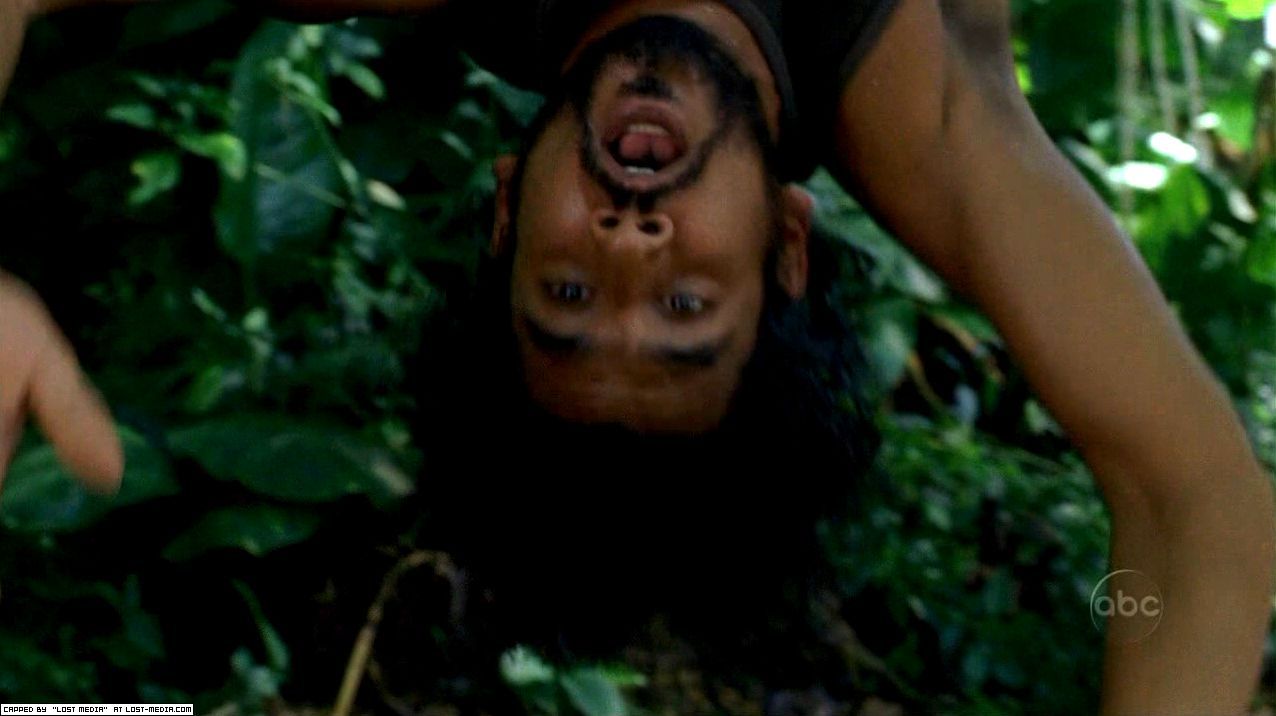
And really stressed out.
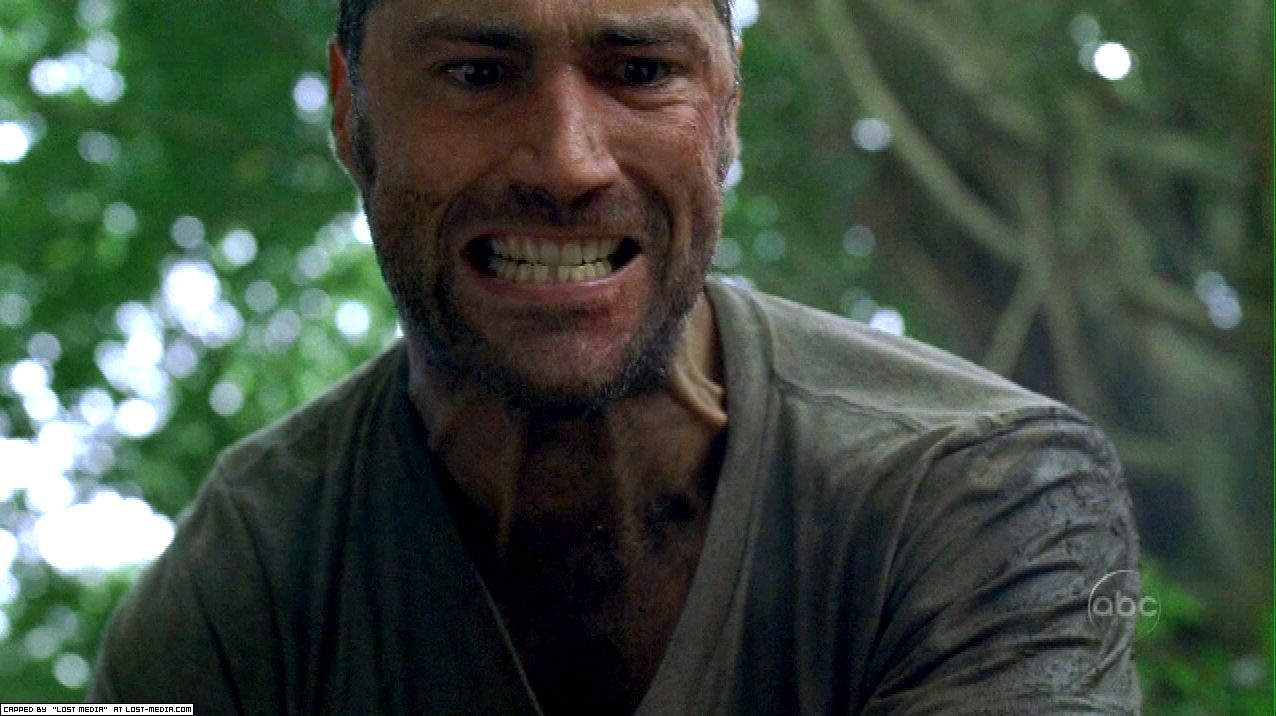
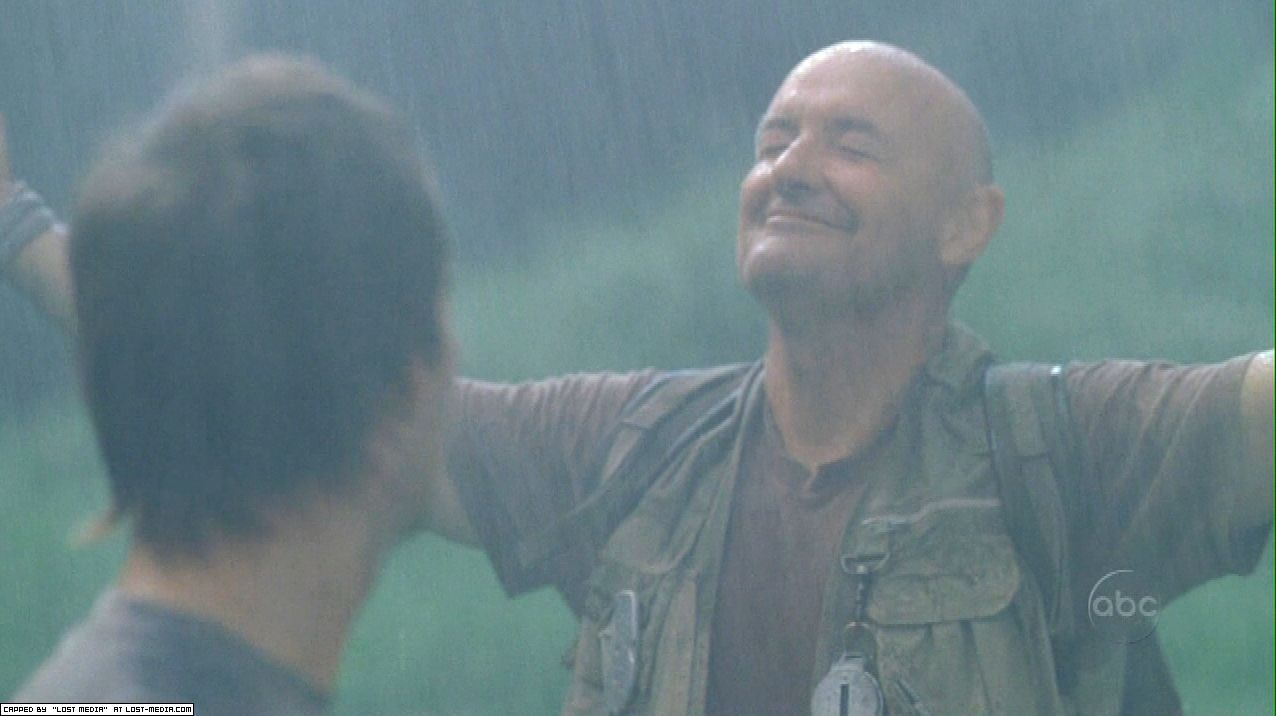
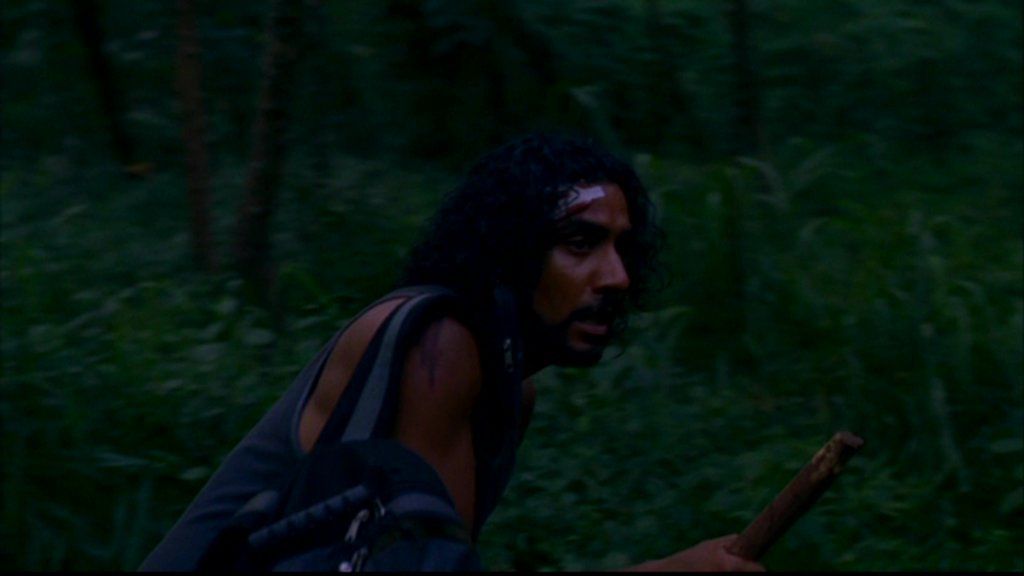
We met our first Other.
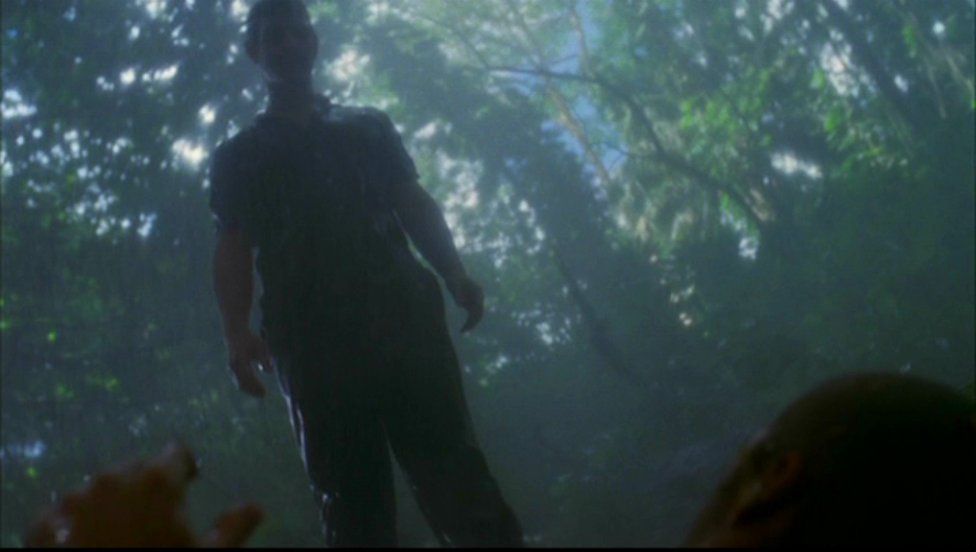
The words "Flight 815" were uttered for the first time.
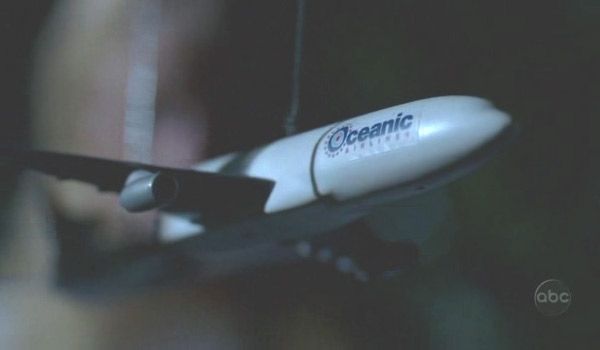
And we heard the first clank of metal against the door of the mother of all hatches, the Swan.
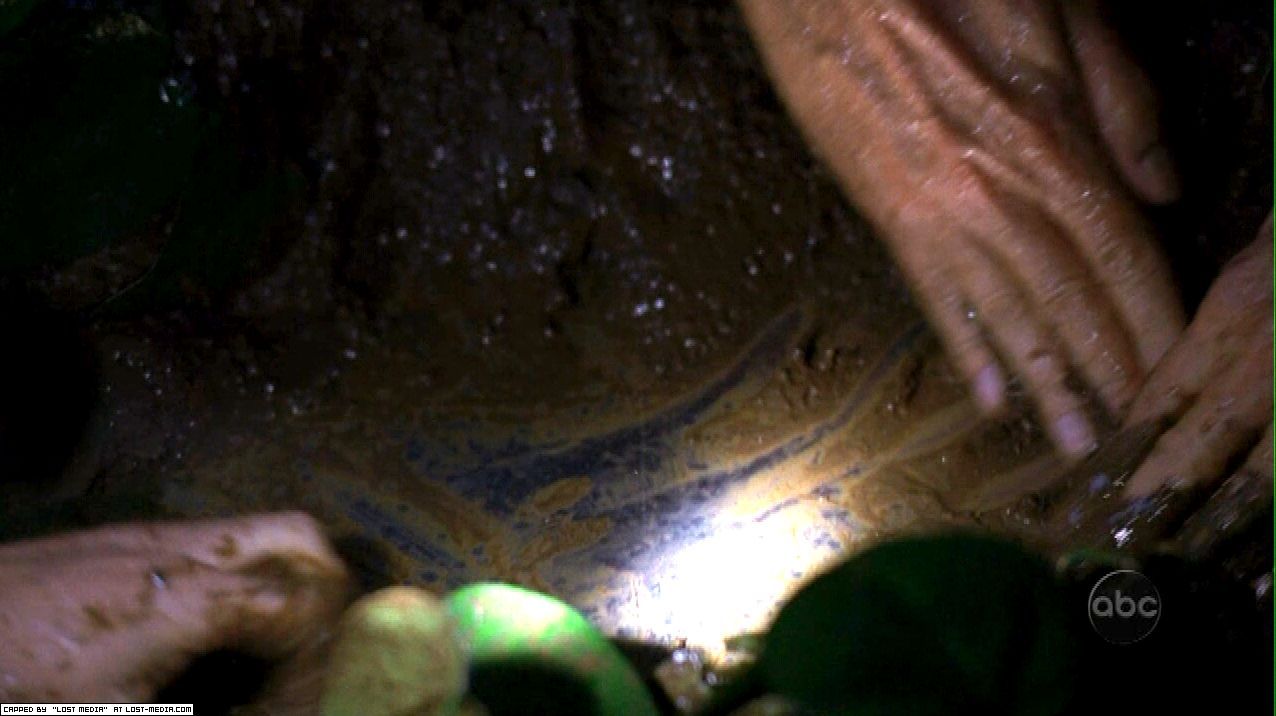
All the building blocks of the mythology were being lifted into position. As with so many mythologies, the core truth could be revealed only in a dream.
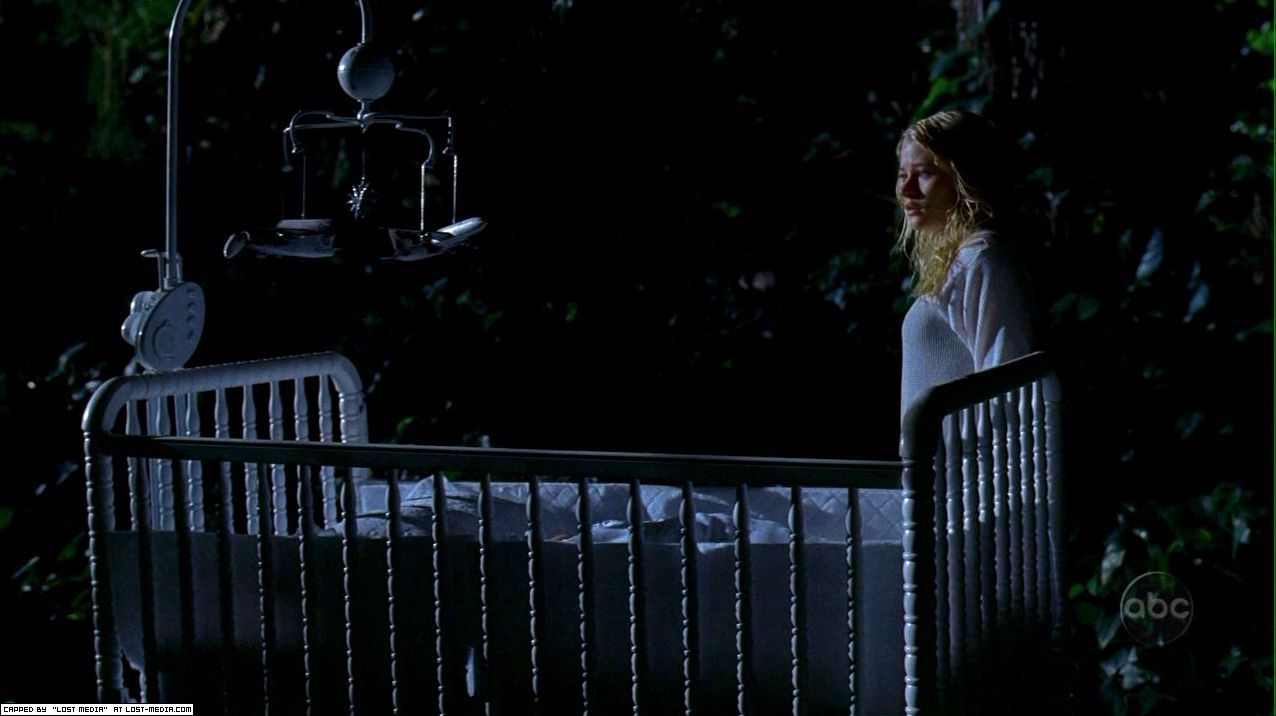
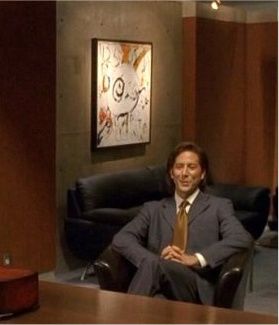
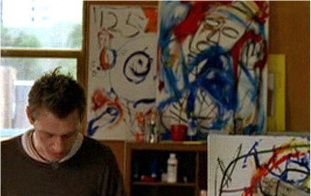
I'm not asking for perfection. I can let that one go. But if the mysteries unleashed in Claire's Dream aren't tied up with a neat, tight bow at the end of this show, then I don't see how any of the rest of it can ever make sense.
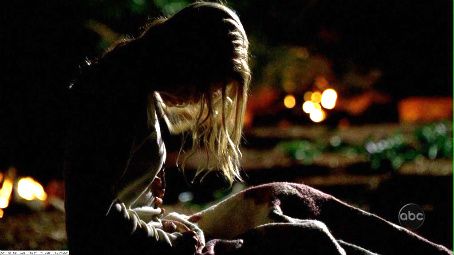
Claire's Dream was more than every pregnant woman's favorite fantasy that she's going to wake up and the whole dreadful waddling fat bellied experience will be instantly over. It was more than just the natural fears of a new mom. Her dream was framed as an omen. The baby's crib was in the monster infested jungle. The baby himself was a cuddly bundle of thick, red blood.
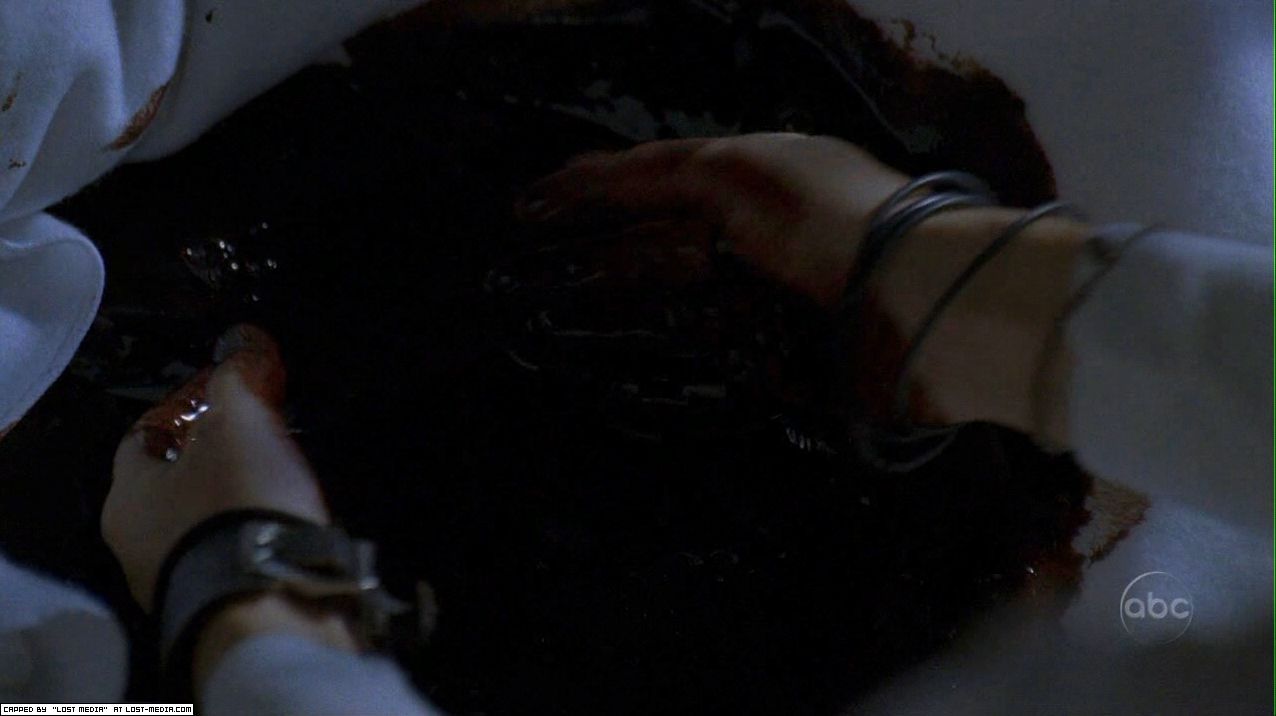

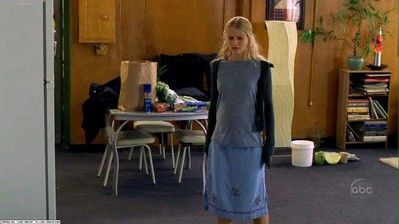
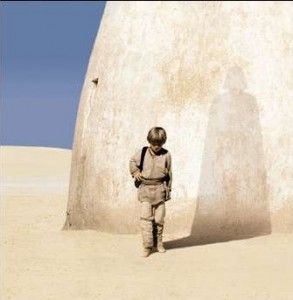
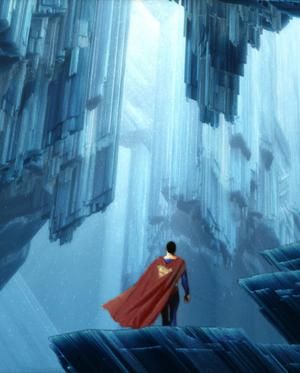
but sometimes Dad is just somebody everyone would rather forget.
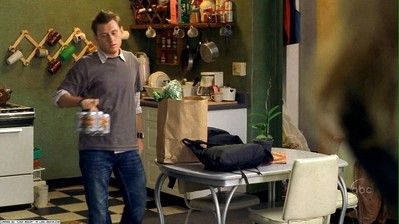
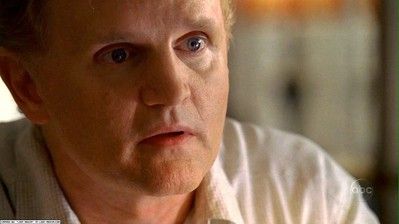
The problem with watching an episode like this while looking back is that we know what happened to Aaron. We've seen him, in all his ordinary suburban kid normality. And, while he's cute as a bug and everything, he just doesn't seem to be all that...special.
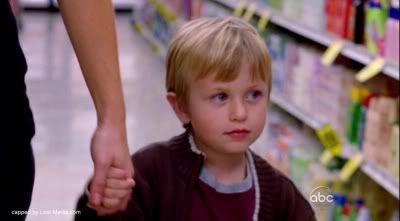
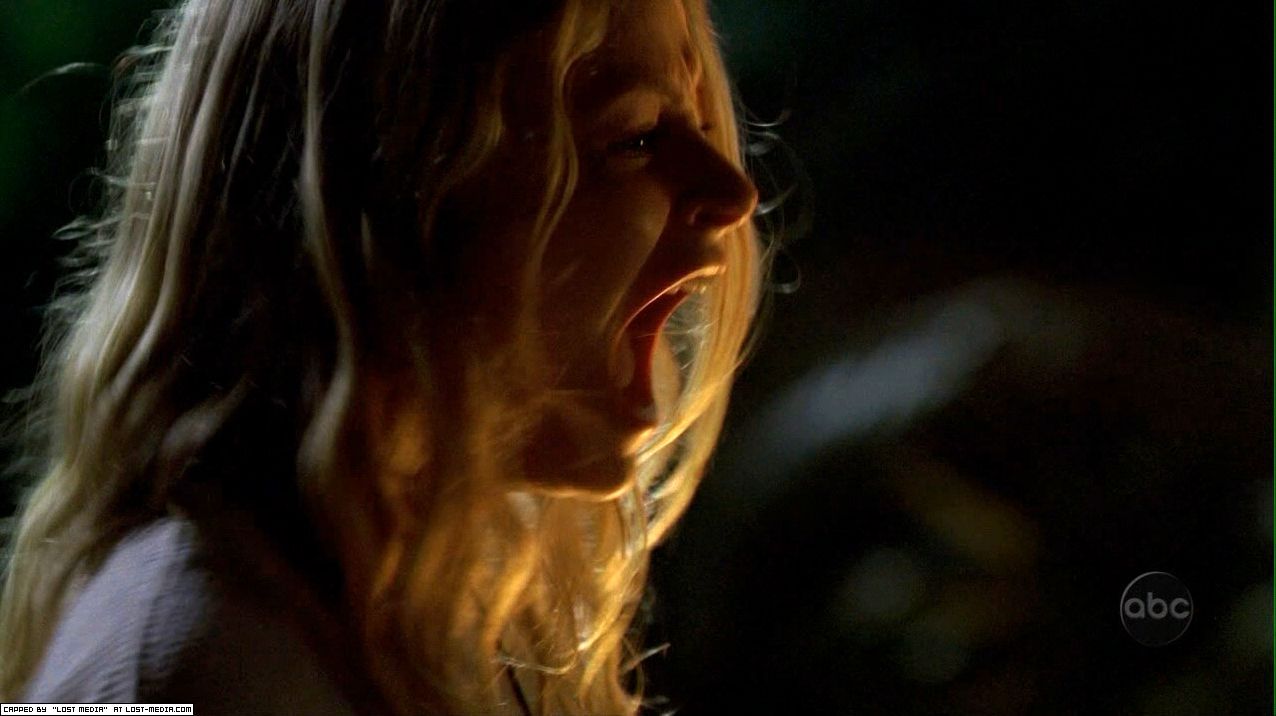
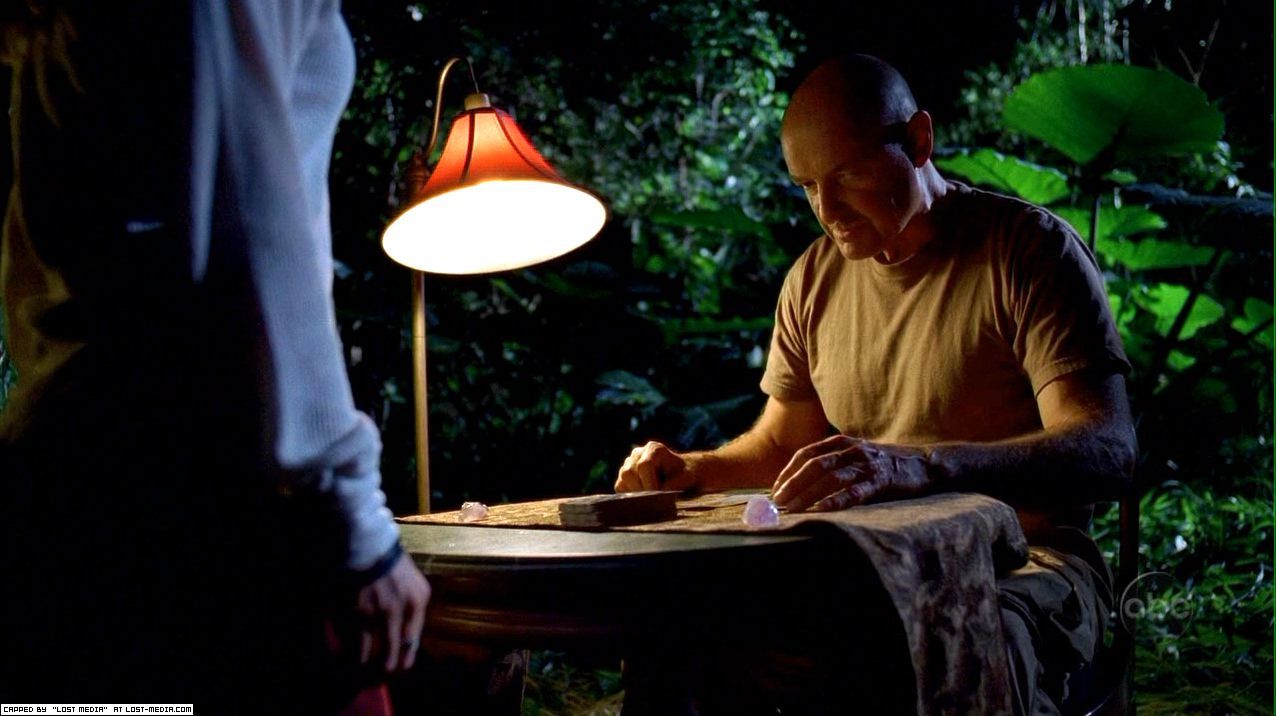
sitting at her psychic's table, under her psychic's lampshade,
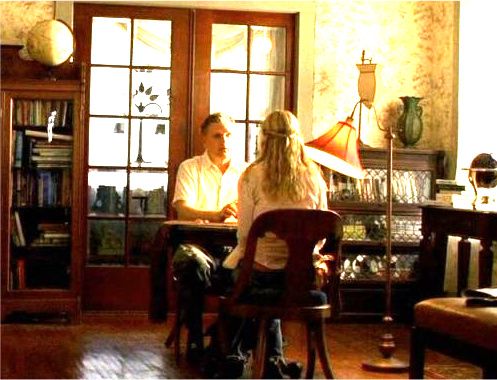
... was the great dreamer, Locke. This time with added extra-metaphorical binary colored eyes.
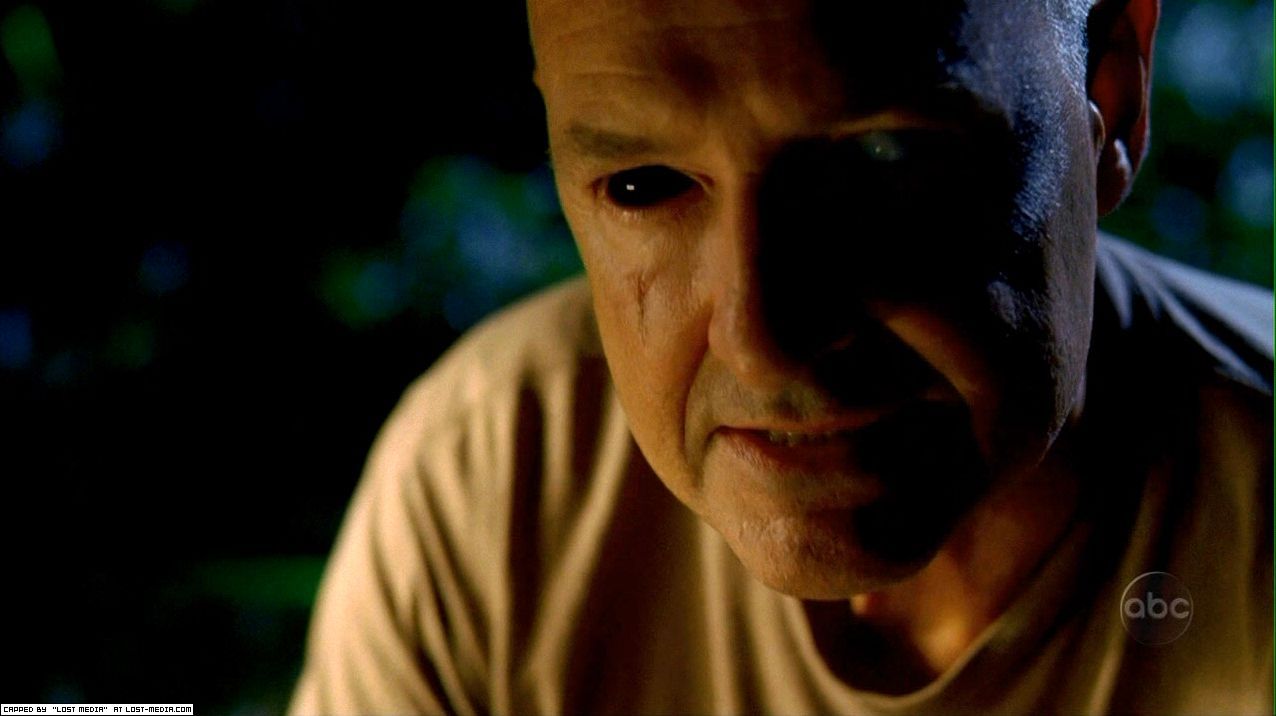
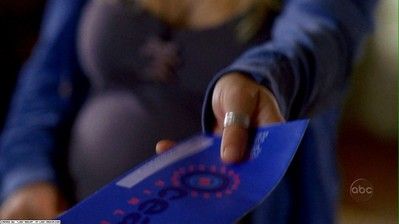
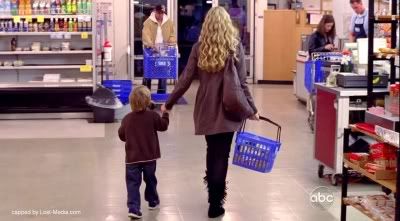
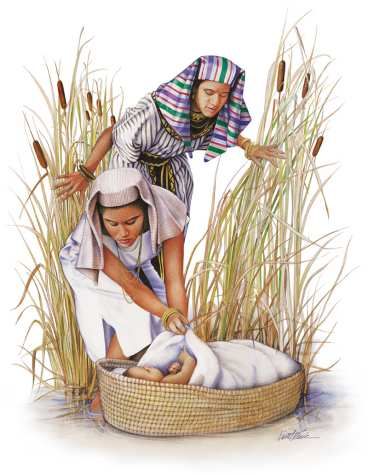
from Skywalker
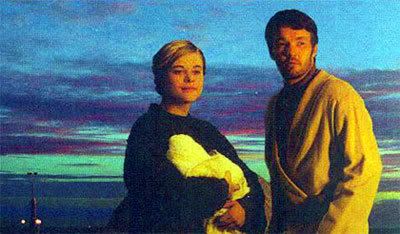
to Superman
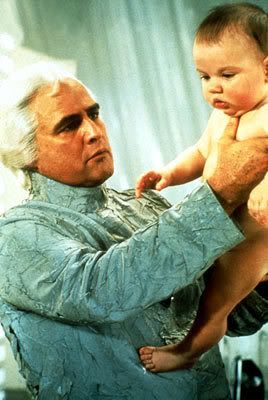
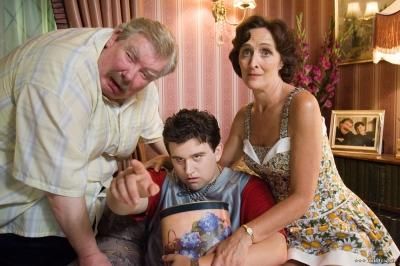
it's almost de rigeur that a True Hero be Raised. By. Another. So why did Malkin want to make sure Aaron escaped that fate? Did he want to prevent Aaron from having a properly heroic childhood? If that was his goal, it didn't work. Despite all his best efforts, Aaron ended up being raised by another anyway. Specifically, this Another.
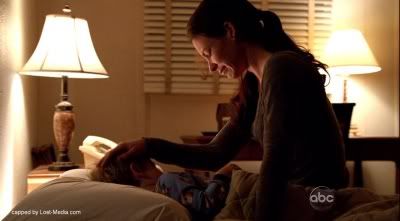
In their years apart, dreams continued to be a connection between Claire and her lost son,
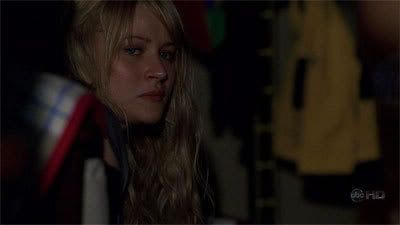
but thus far, the danger surrounding him has failed to materialize. As things stand, he's still being raised by another. And so far, no horsemen of the Apocalypse have appeared on the horizon. The state of this story really does force us to look at Malkin's prophecy with a skeptical eye. Where's the Big Bad that Aaron's separation from Claire was supposed to unleash? Aaron being raised by another doesn't seem to have created so much as a wrinkle in the fabric of infinity. Unless it's all about to start now that Jack has dropped the big bomb, of course.
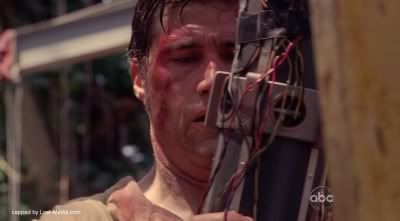


There have been other Special Boys on Lost. Certainly John Locke meets all the checkpoints: Teenage mama. Absentee dad. Raised by lots of different Anothers. By any metric, Locke is pretty goddamn Special. And yet, so far, all that specialness seems to have ended with a great big pffffffffffffffffffft.
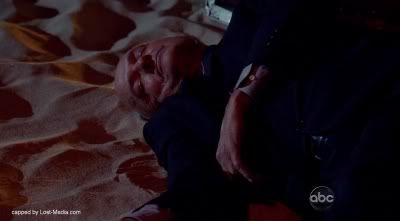
Walt certainly seemed a candidate for specialness at one time, but his star has also dimmed considerably. I have to admit that worries me just a little.
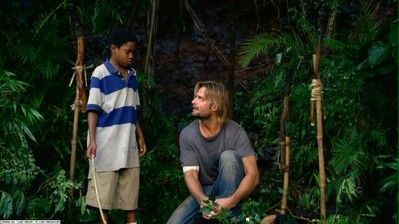
I mean, if they were planning this thing out meticulously from the first moment to the last, you would think the one thing they could have foreseen was the tendency of twelve year old boys to get big.
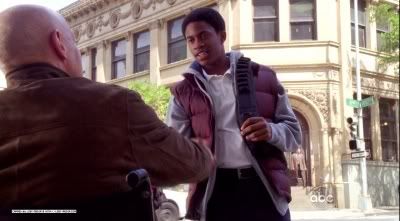
Maybe we've been horribly deceived by this idea of a prophesized child being raised by another. Maybe it's the other meaning of the double meaning title we should be thinking about. On Lost, we should never ignore the wordplay. It's not Another who shouldn't raise Aaron. It's An Other who shouldn't raise him. Specifically this Other - the great and powerful Ethan Rom.
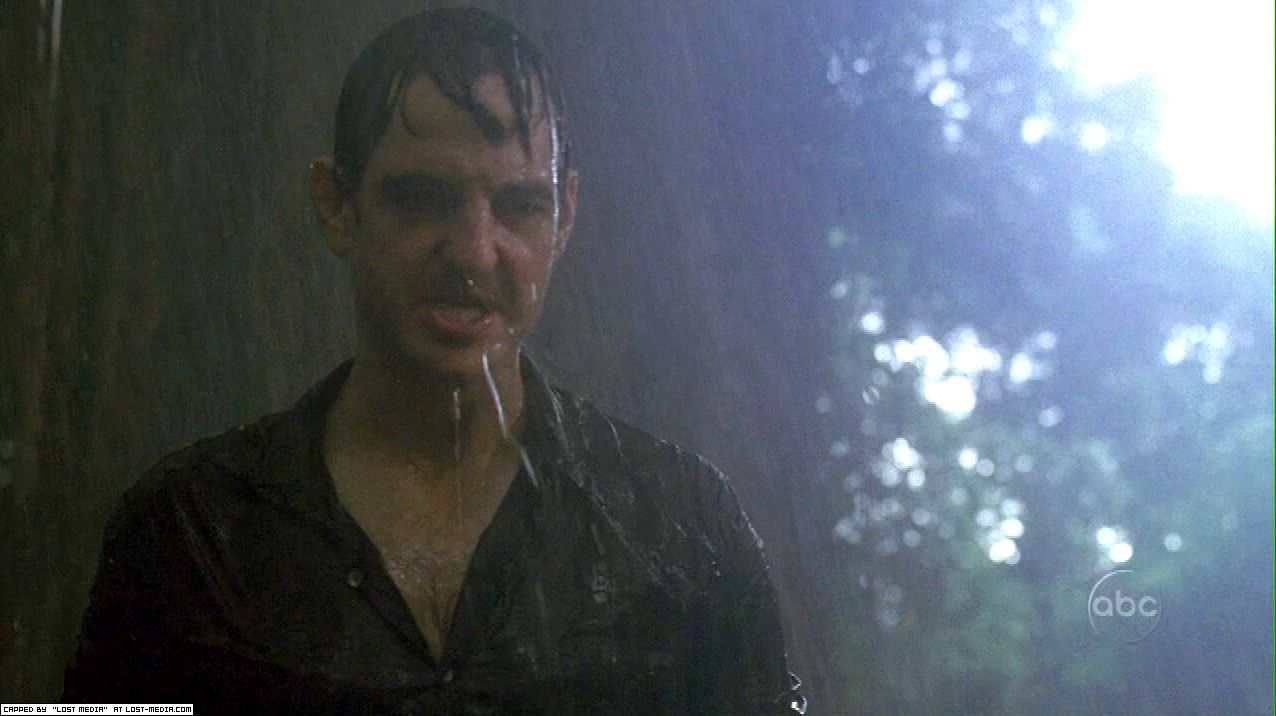
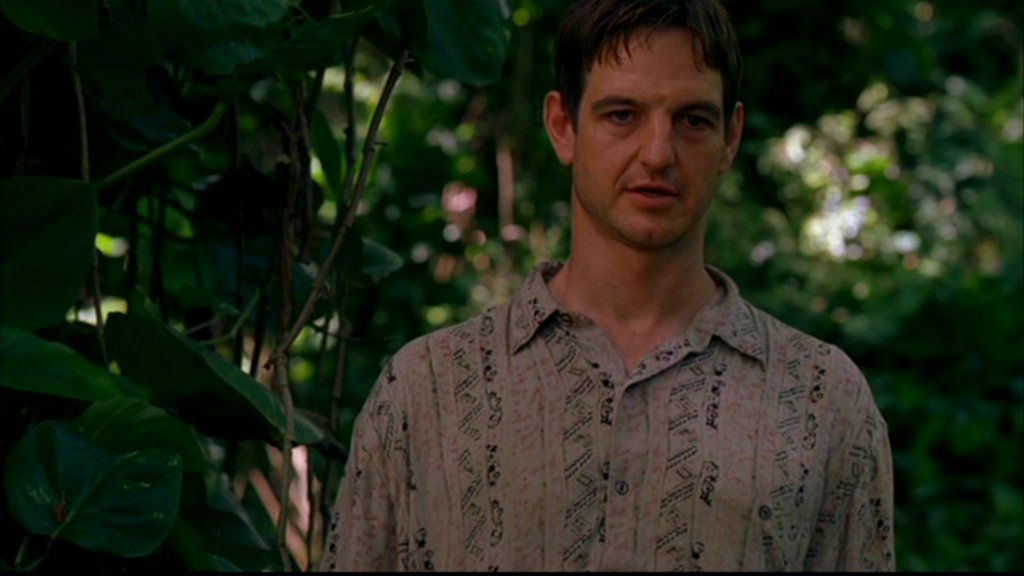
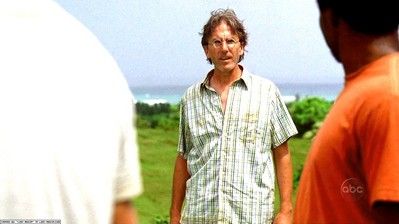
Ethan didn't stand out any more than RashMan at first.
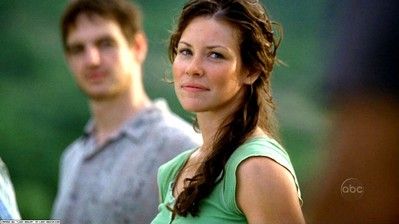
He was lurking behind Kate at the golf course when she was taking Sawyer's action.
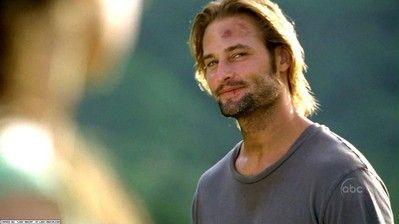
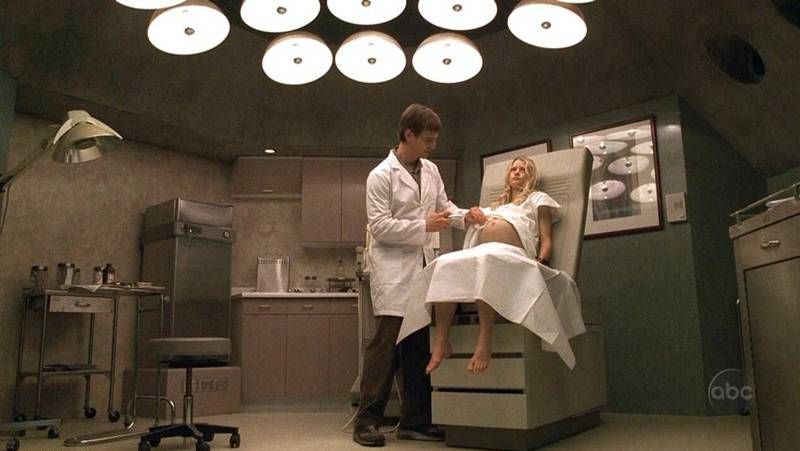
(The above is the single skeeviest image of Ethan Rom for me personally, but I'm sure you all have your favorites.)
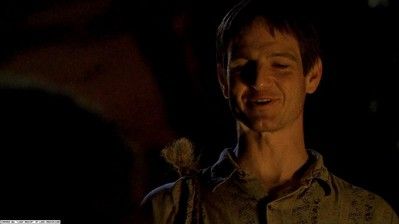

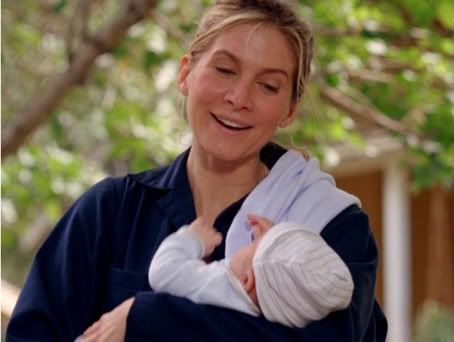
Other-ness was a concept that felt profound in Season One. If there's anything worse than being on a deserted island all alone, it's being on a deserted island with unseen "Others" whispering and hovering just outside your reach. The fear of Others is universal. When Sayid stumbled home from his lost weekend with Madame Rousseau, he uttered the phrase that strikes fear in the hearts of all Earth Men: We are not alone.

Sayid had exiled himself to atone for the evil he'd done. Lost on a deserted island, he sentenced himself to solitary confinement.
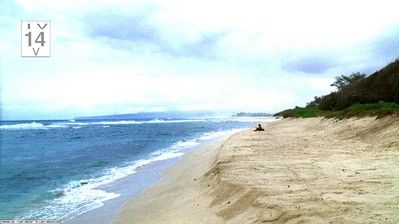
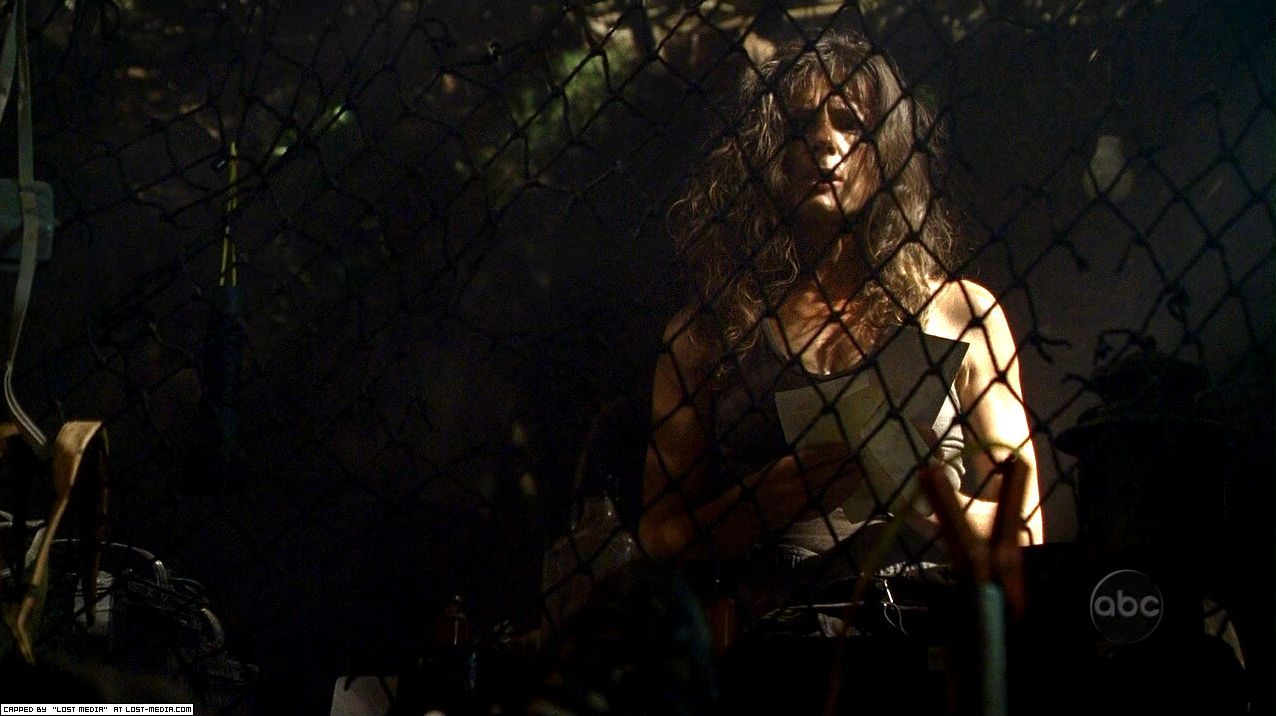
Somehow after all this time, Rousseau still had charged batteries! Which she had used to create her very own shop of horrors. (Because an electrocution rack is just what you need when you're living completely alone in the polar bear infested tropics. Natch.) What Rousseau offered Sayid was Instant Karma.
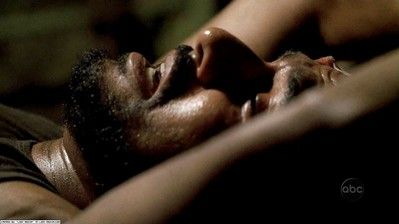
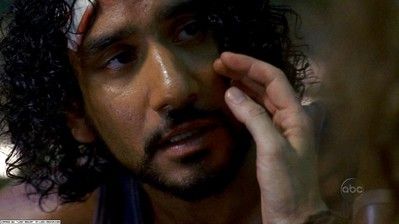
Too bad she couldn't pull herself together a little bit. No romance ever developed between the sexy Iraqi torture meister and the hallucinating French hermit. Consider it an opportunity missed.
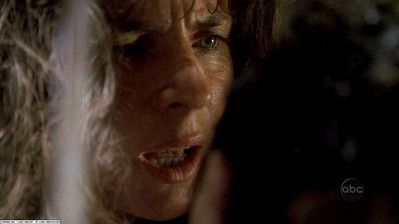
Rousseau interrogated Sayid in five languages, asking him "Where is Alex?" in English, German, Spanish, Italian and French. It added to the disorientation as Sayid's mind spun backwards in time, to another woman whose loneliness had once penetrated his isolation.
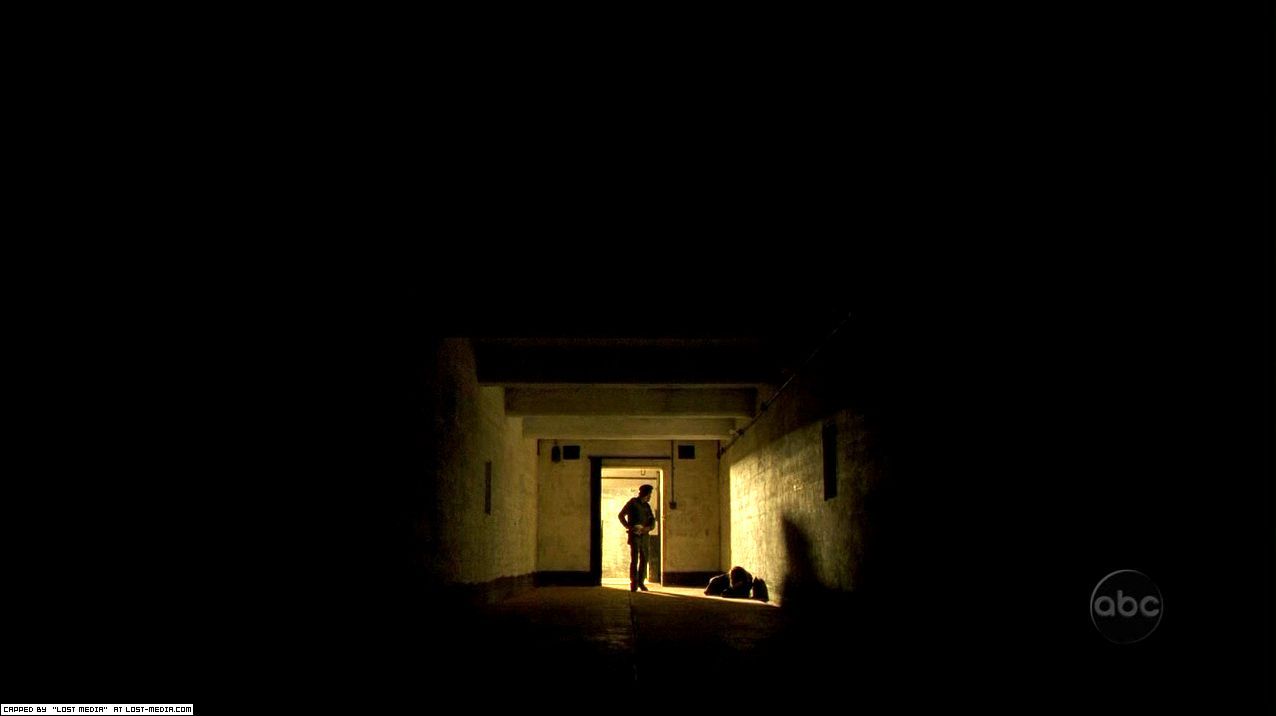
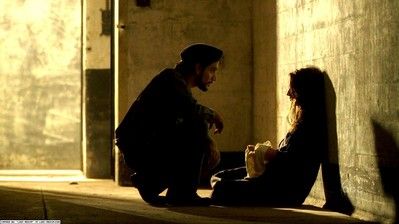

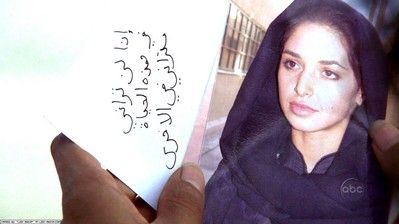
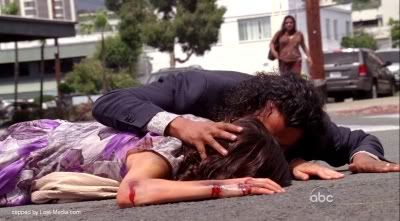
Sayid's story, like Rousseau's, like Nadia's, is one of human isolation, of loneliness endured stoically and heroically. But that is not to say there weren't windows of happiness in the dark cells of those lives.
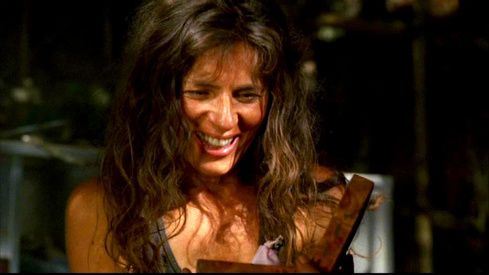
Despite being tasered, beaten, hamstrung and drugged, Sayid turned out to be a very courteous houseguest for Rousseau.
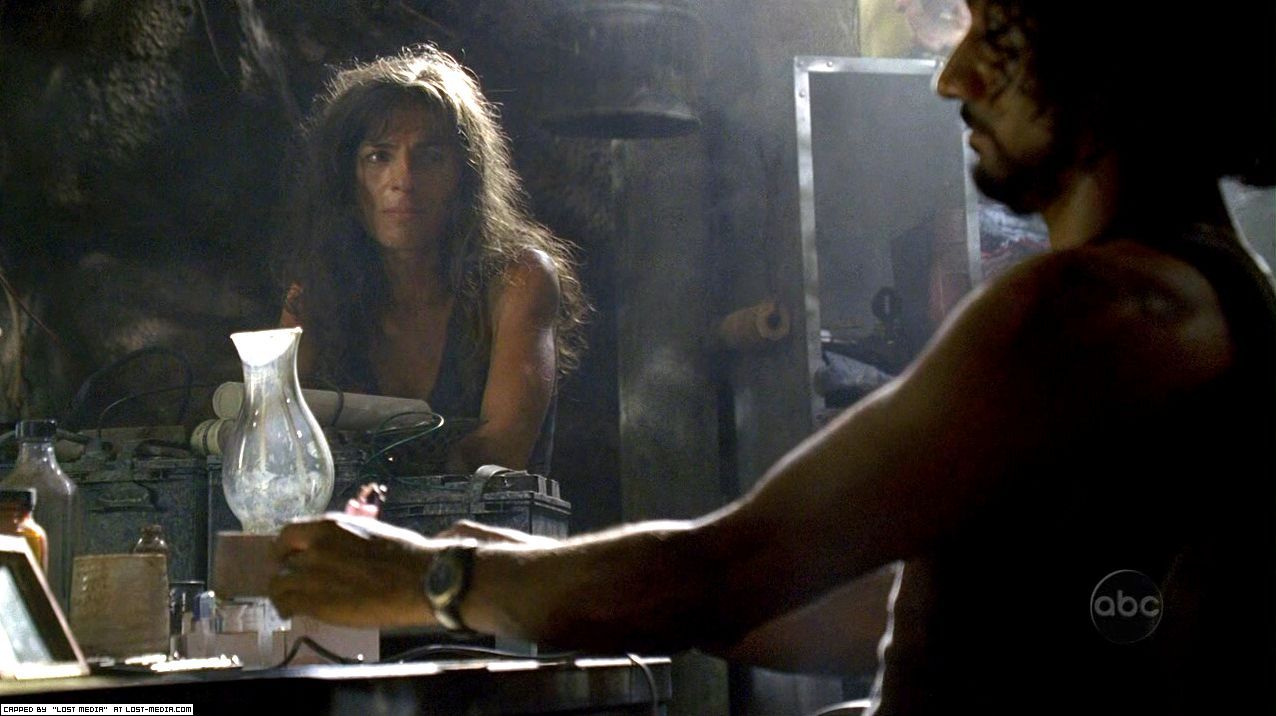
He reattached her to her lost humanity by fixing her little Intermezzo music box, the gift from her lover Robert. In Season Five, we finally met young Robert, and we watched Rousseau kill him.
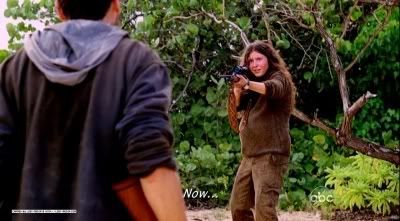
She used the same trick on him that she later used on Sayid - the old remove the firing pin trick.
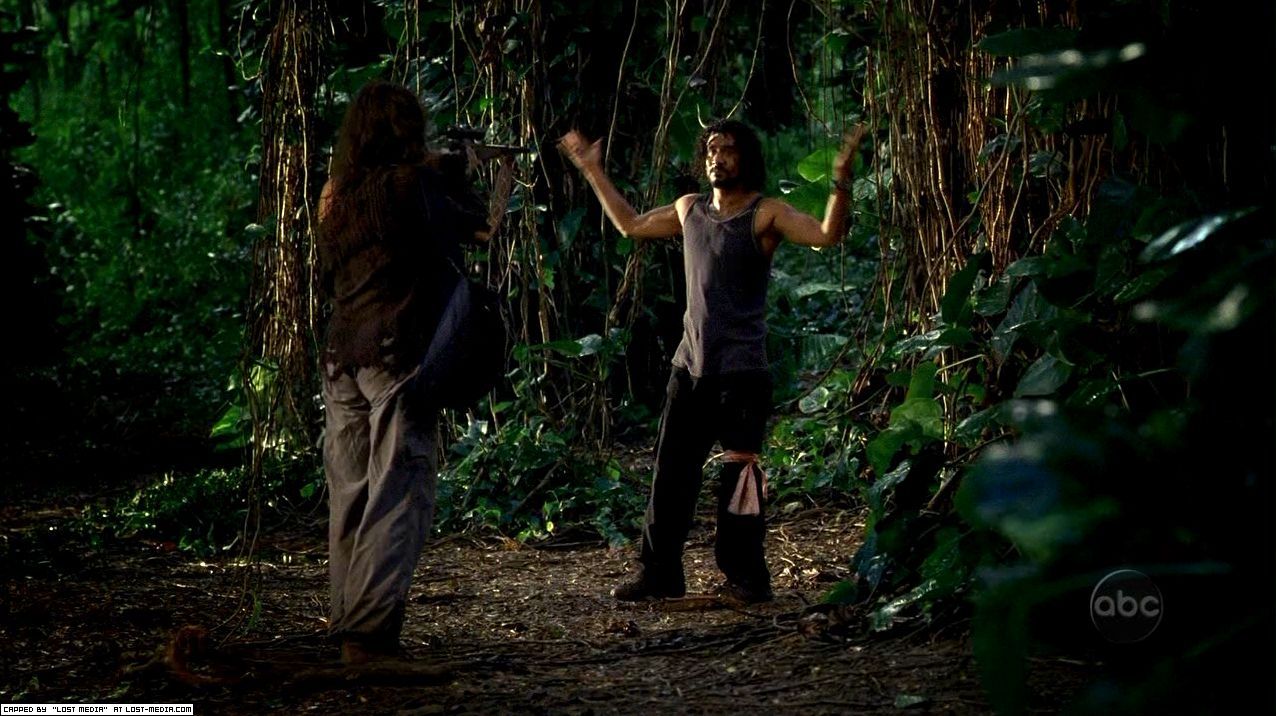
Except for some reason, she decided to spare Sayid's life. Why? Rousseau's memories of what had happened to her crew did not jive exactly with what we later saw in Season Five. The way she described it - that she had to kill her crew because they had become "carriers" - it sounded like they all turned into zombies that had to be destroyed before they destroyed the world.
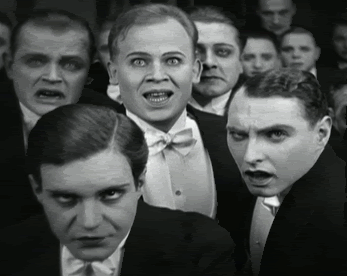
But what really happened to Danielle's crew? We saw that they were all sucked, or that they jumped, into the lair of the Monster. And we know that they later re-emerged and tried to explain to Danielle what they had witnessed.
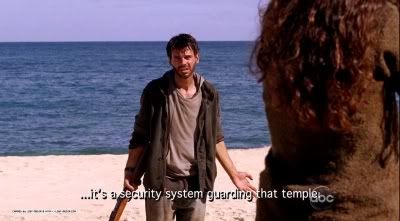
In what way had the Monster "infected" them? Was it like the way the Man in Black "infected" Locke's empty corpse? What evidence did Rousseau see in her crew that they had been changed into alien beings? Although we've seen their fate, we still don't know what it was that made Rousseau so sure her friends and her lover had to be put to death.
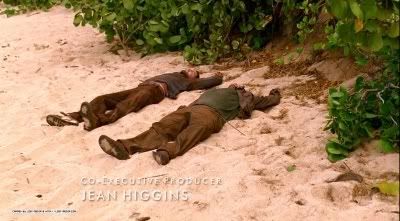
Rousseau was the second character we'd so far met who had been named after a philosopher from the Age of Enlightenment. It was those kind of details that made people start digging around into the minutiae of Lost. In hindsight there really aren't much about Rousseau, aside from her backwoods camping skills, that bore much resemblance to the philosophy of old Jean Jacques.
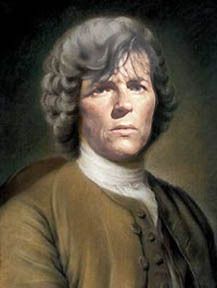
There is an interesting interview available with David Fury, where he reveals that the purpose of Rousseau's scientific expedition was ...
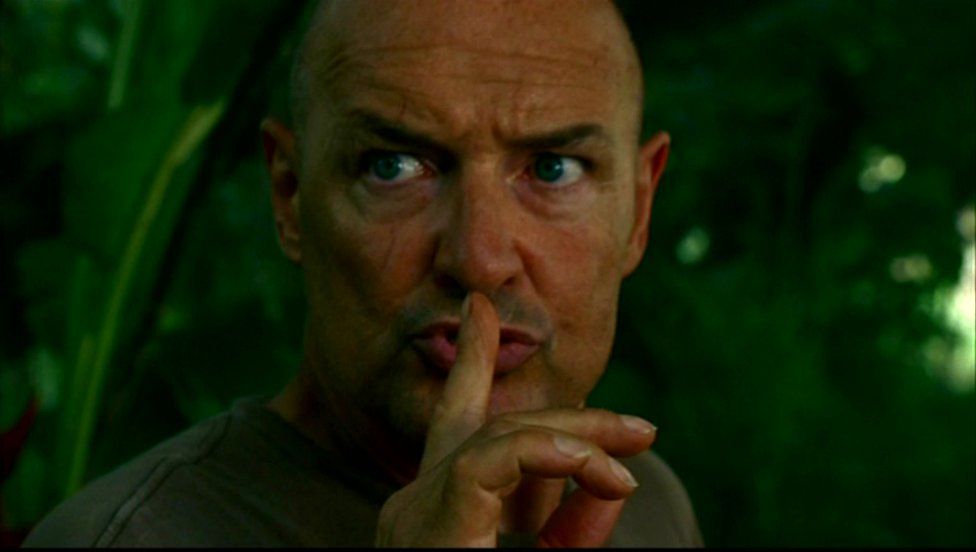
Keeping us in the dark is Lost's trademark, but sometimes it strains credibility. Knowing all we know now, it's hard to see how Rousseau managed to stay so alone for so long. In our years watching this show, there have been jeeps, vans, bulldozers, construction rigs, freighters, sailboats, brigantines, submarines, Beechcraft, Boeing 777s, helicopters, hot air balloons and for all we know flying saucers with little green men in them, traveling on, over, under and around the Island. How did Rousseau miss it all? Sixteen years and she never bumped up against Othertown's sonic fence until Sayid, Kate and Locke brought her there?
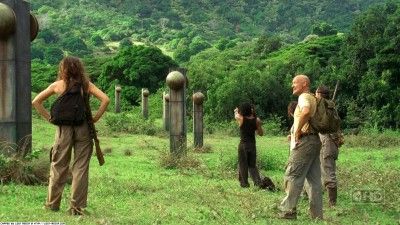
The real reason Danielle was so alone was because the last piece of her, her baby Alex, had been taken away - by Ben, as we now know. And that's a bleak little substory that has come to a permanently unhappy end. Her child grew up without her mother ever knowing her.
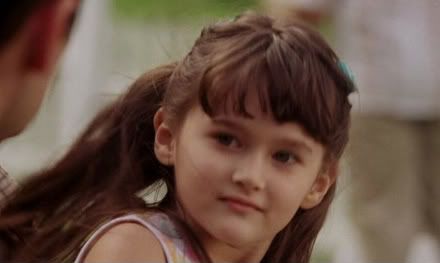
Miraculously, they were one day reunited.
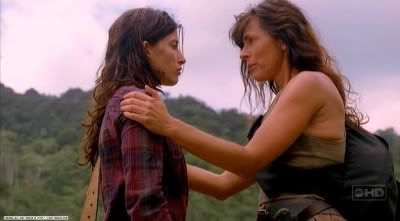
Then Rousseau got shot in the heart.
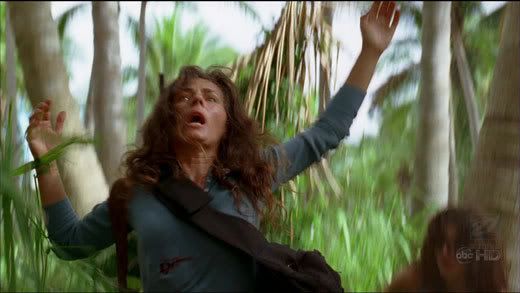
And her baby was murdered execution style.
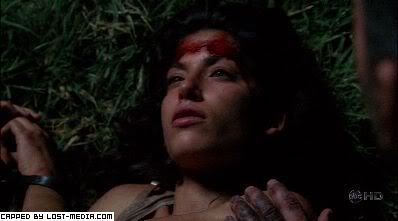
With that, the entire crew of the Besixdouze was finally extinct.

It's a story that won't be coming with us into Season Six, at least not as anything more than an echo. It was a poignant reminder of the human toll taken by the Island, and of the damage done to the human soul by being too much alone. But it was also an interrupted melody, like so many of the meandering hitchhiking trips this story has taken. It joins the great long list of unanswered, half answered and maybe-never-asked questions of Lost.




But what really happened to Danielle's crew? We saw that they were all sucked, or that they jumped, into the lair of the Monster. And we know that they later re-emerged and tried to explain to Danielle what they had witnessed.

In what way had the Monster "infected" them? Was it like the way the Man in Black "infected" Locke's empty corpse? What evidence did Rousseau see in her crew that they had been changed into alien beings? Although we've seen their fate, we still don't know what it was that made Rousseau so sure her friends and her lover had to be put to death.


There is an interesting interview available with David Fury, where he reveals that the purpose of Rousseau's scientific expedition was ...
"... in an early draft of “Solitary” when Rousseau tells Sayid she had been part of a research team. Sayid asks her what they were researching. She replies: “Time.” "... but the reference to "Time" had to be deleted for fear of scaring off the sci-fi-phobics in Season One's mega-sized audience. If this is true, then it's more evidence, if any is still needed, that time travel discombobulation was what this story was always intended to be about. They just didn't want us to know that right away.

Keeping us in the dark is Lost's trademark, but sometimes it strains credibility. Knowing all we know now, it's hard to see how Rousseau managed to stay so alone for so long. In our years watching this show, there have been jeeps, vans, bulldozers, construction rigs, freighters, sailboats, brigantines, submarines, Beechcraft, Boeing 777s, helicopters, hot air balloons and for all we know flying saucers with little green men in them, traveling on, over, under and around the Island. How did Rousseau miss it all? Sixteen years and she never bumped up against Othertown's sonic fence until Sayid, Kate and Locke brought her there?

The real reason Danielle was so alone was because the last piece of her, her baby Alex, had been taken away - by Ben, as we now know. And that's a bleak little substory that has come to a permanently unhappy end. Her child grew up without her mother ever knowing her.





Like: Why does a soldier's conscience torture him when he has done something shameful
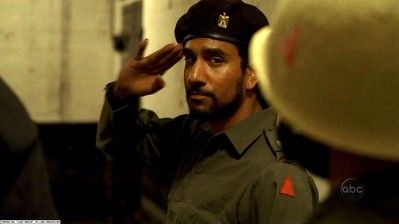
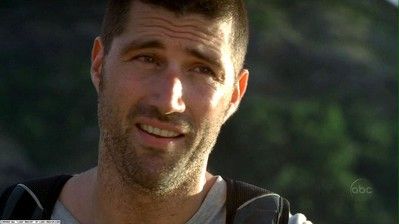
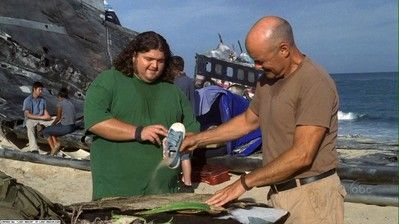
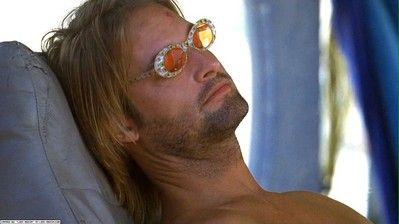
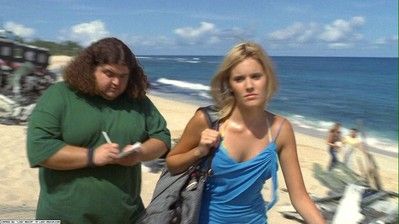
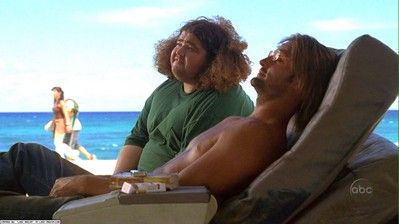

Were we meant to notice that Christian Shephard's children
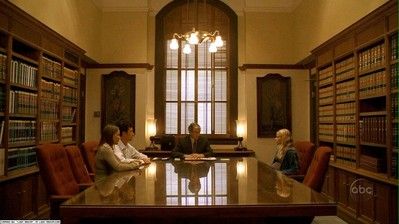
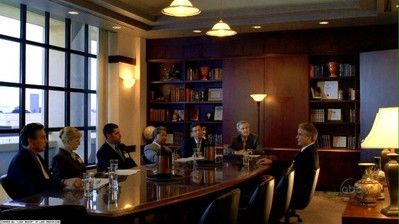
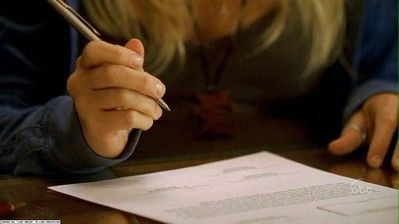

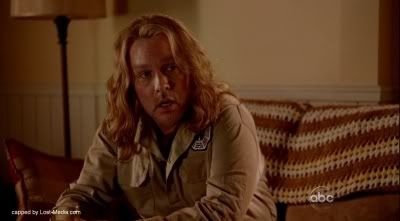
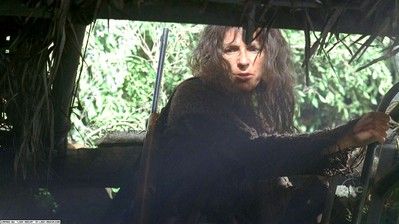
Wasn't it strange that Locke didn't know the Star Trek origins of the term "redshirts",
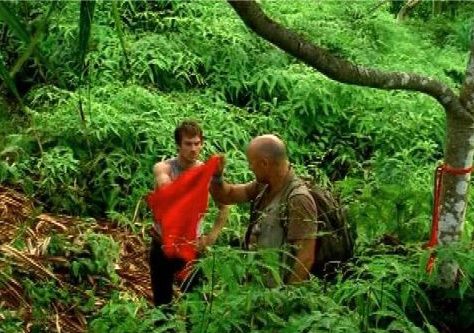
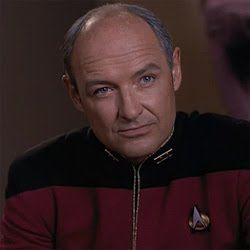
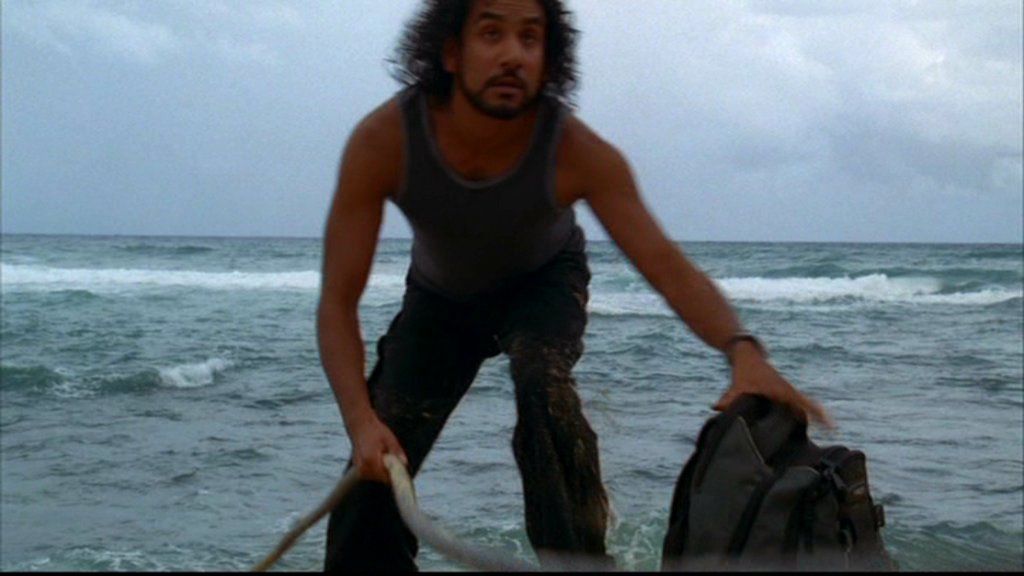
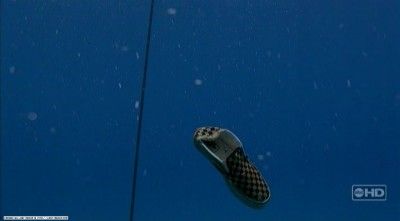
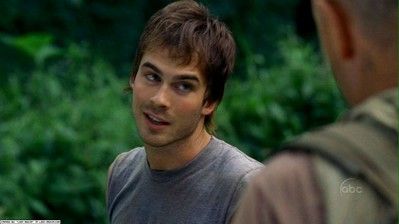
Except, you know .... not.
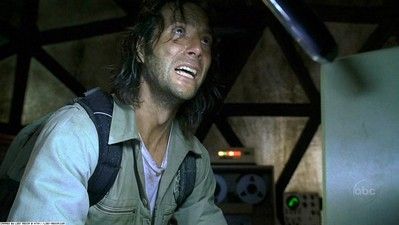
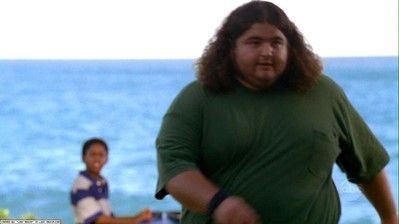
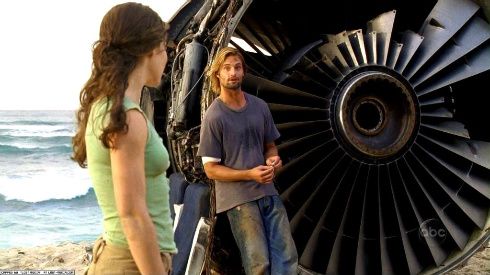
He began his pattern of speaking the simple clarifying truths for the audience when he gave a spot on summary of the plot in case we weren't following: "So a tribe of evil natives planted a ringer in the camp to kidnap a pregnant girl and a reject from VH-1 has-beens."
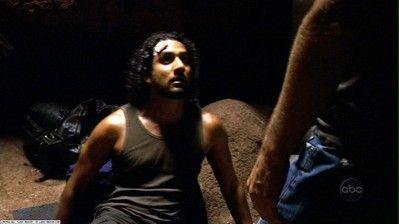
And when he came upon his torturer Sayid, flat and helpless on his back, he held no grudge. He forgave the man who tried to separate his cuticles from his fingertips and he even offered his own atonement. He knew he'd been a jerk.

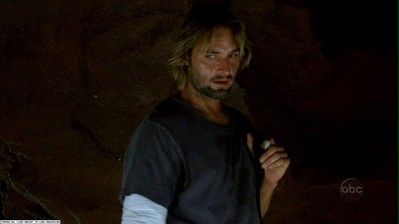
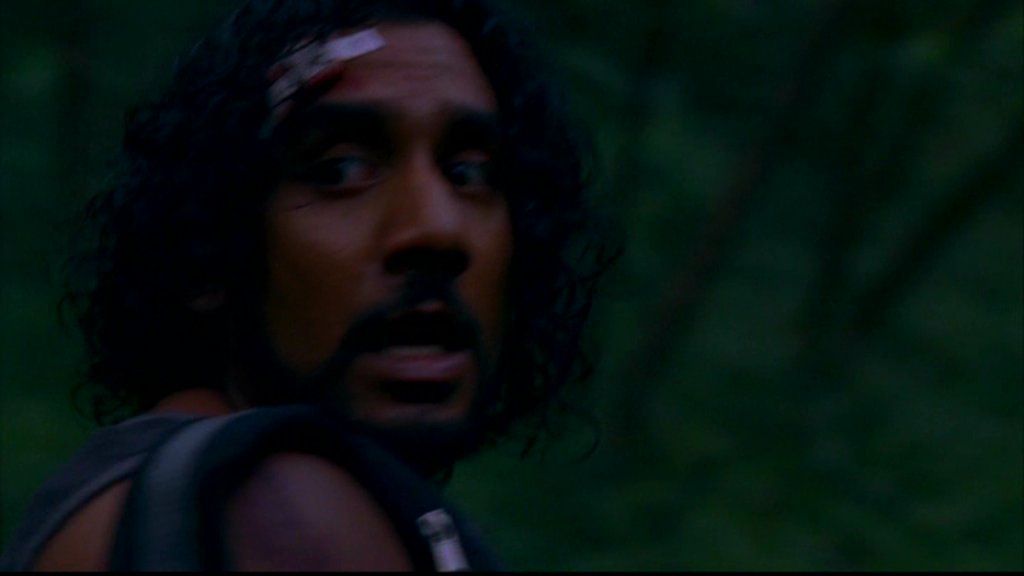
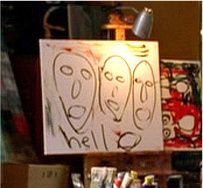
Male Voice- "Just let him get out of here."
Male Voice- "He's seen too much already."
Male Voice- "What if he tells?"
Female Voice - "Could just speak to him?"
Male Voice- "No."
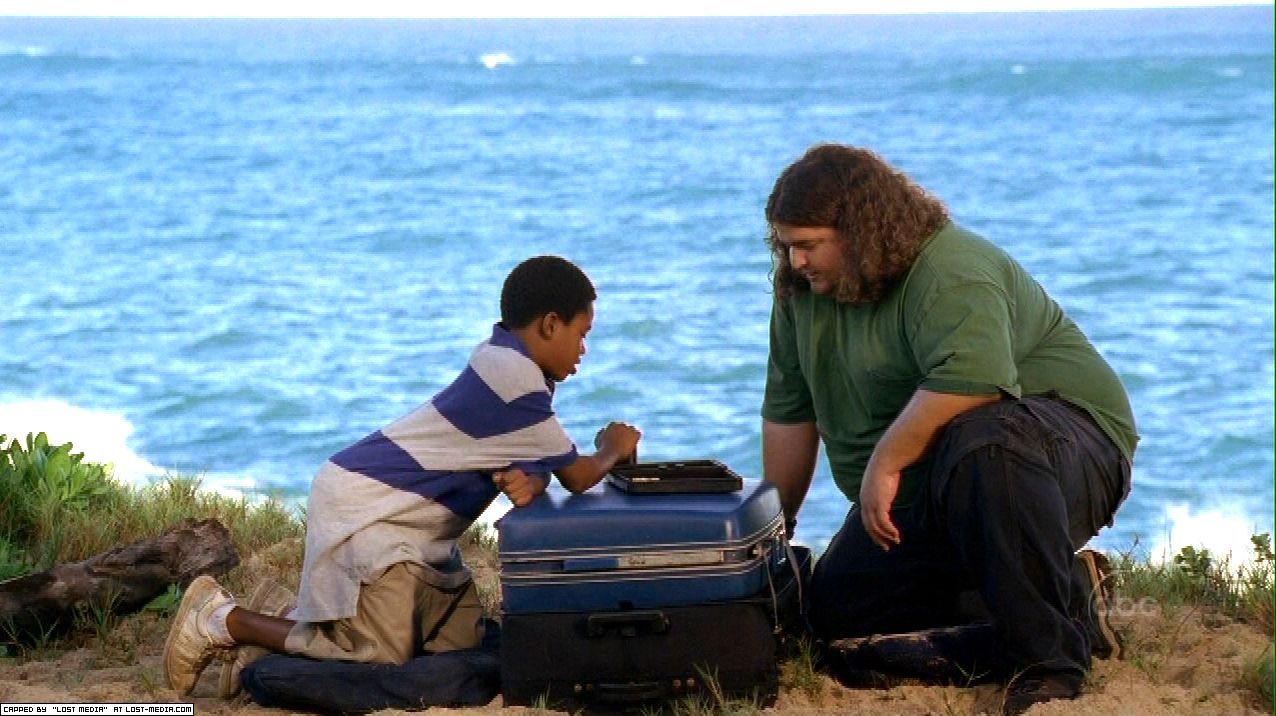
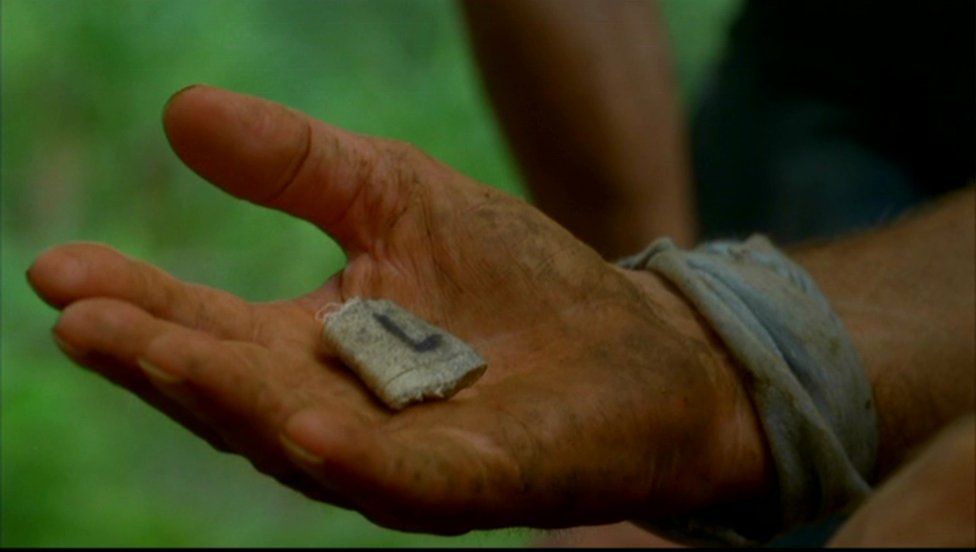
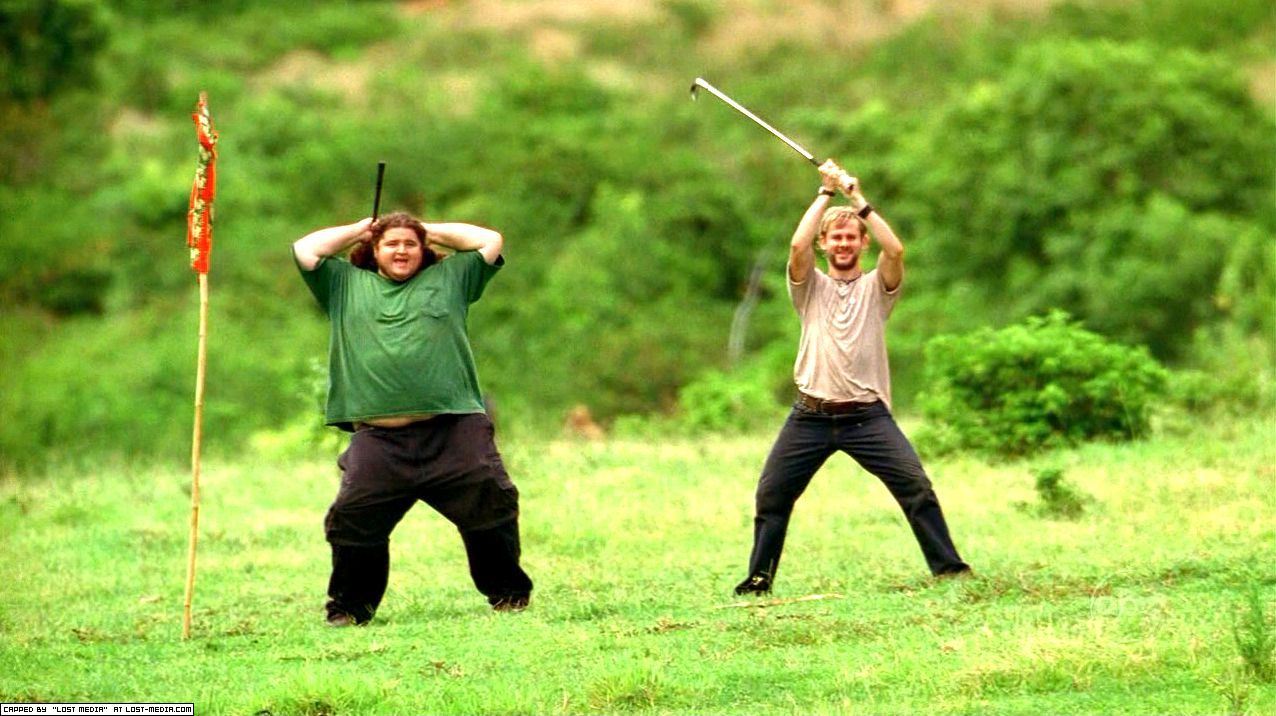
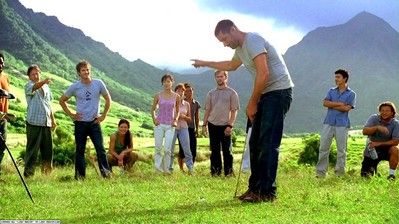
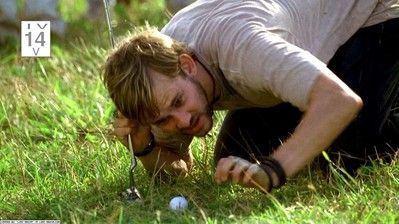
and for Noble King Kameha-Hurley to hold court.
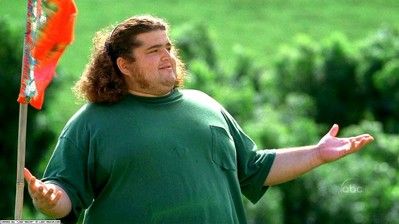
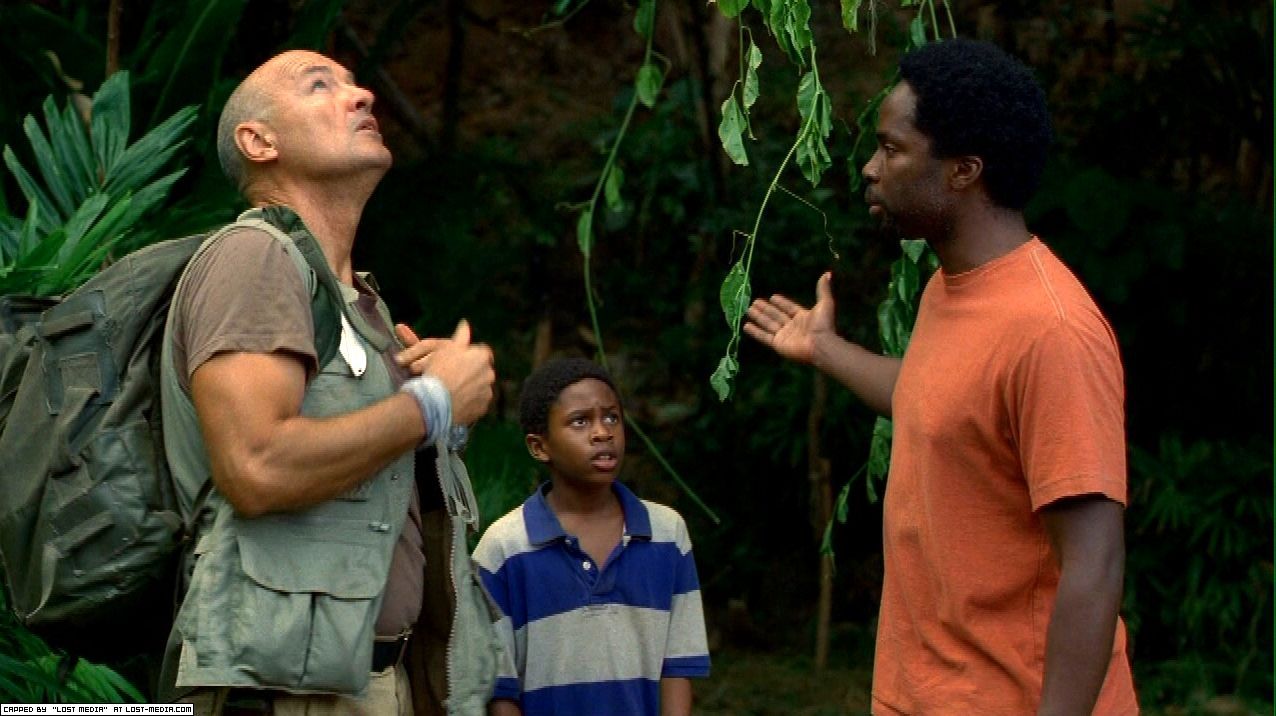
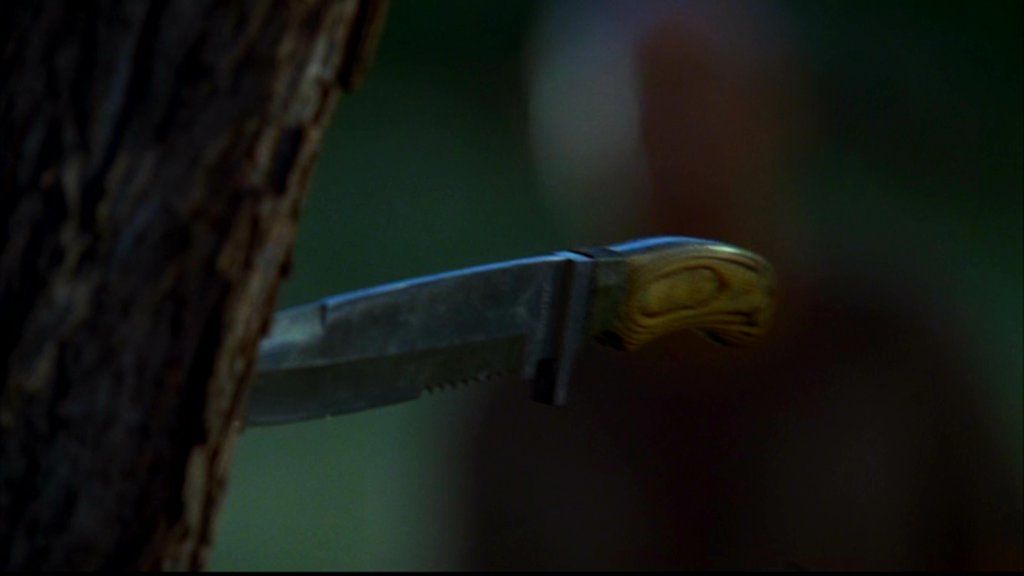
That brings us to the final theme of these episodes, the mythic element that was missing from Claire's prophetic, heroic dream. The one thing missing from Aaron's story is the thing that overwhelms the story of his Uncle Jack: the overshadowing spectre of dear old dreadful, drunken Dad.
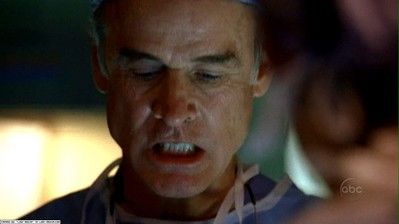

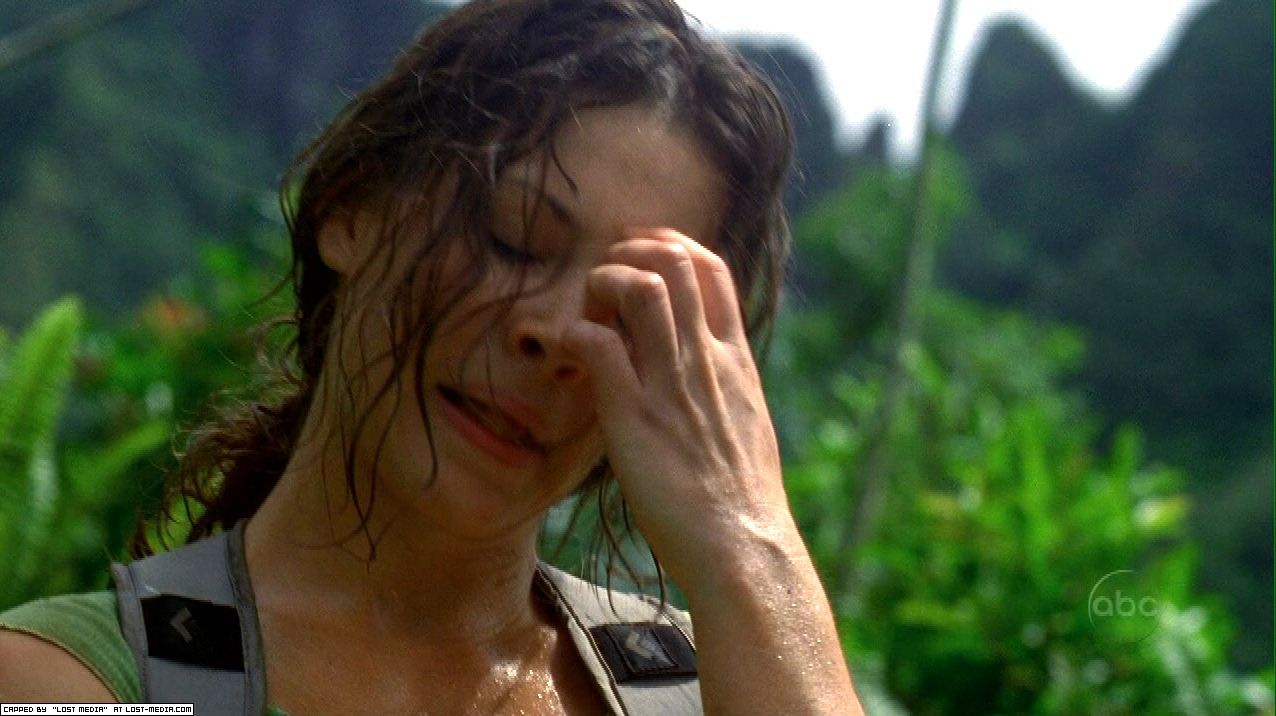
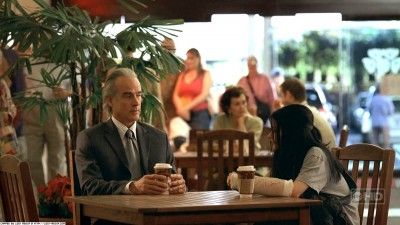
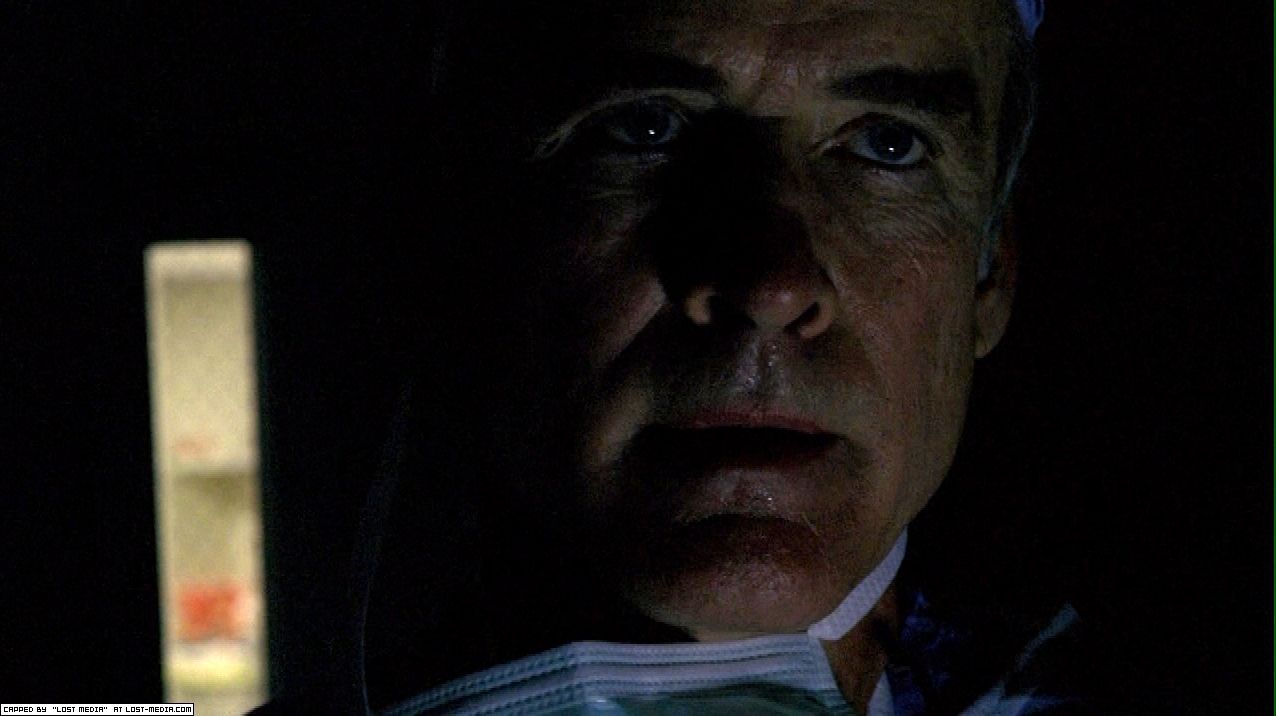
In most myths, the father of the hero shapes his story. Sometimes he's good, sometimes he's bad, and we won't run through another whole list of them again, because this image is as good an archetype as any for our purposes here.
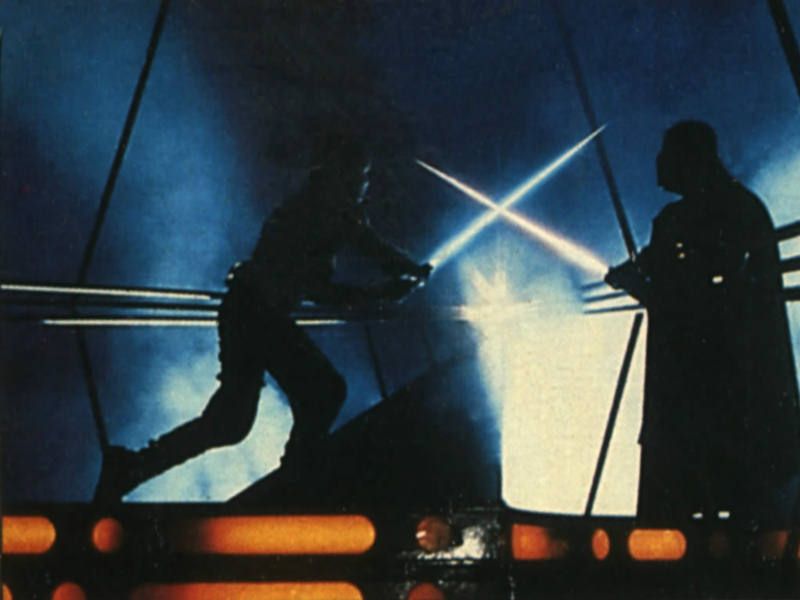
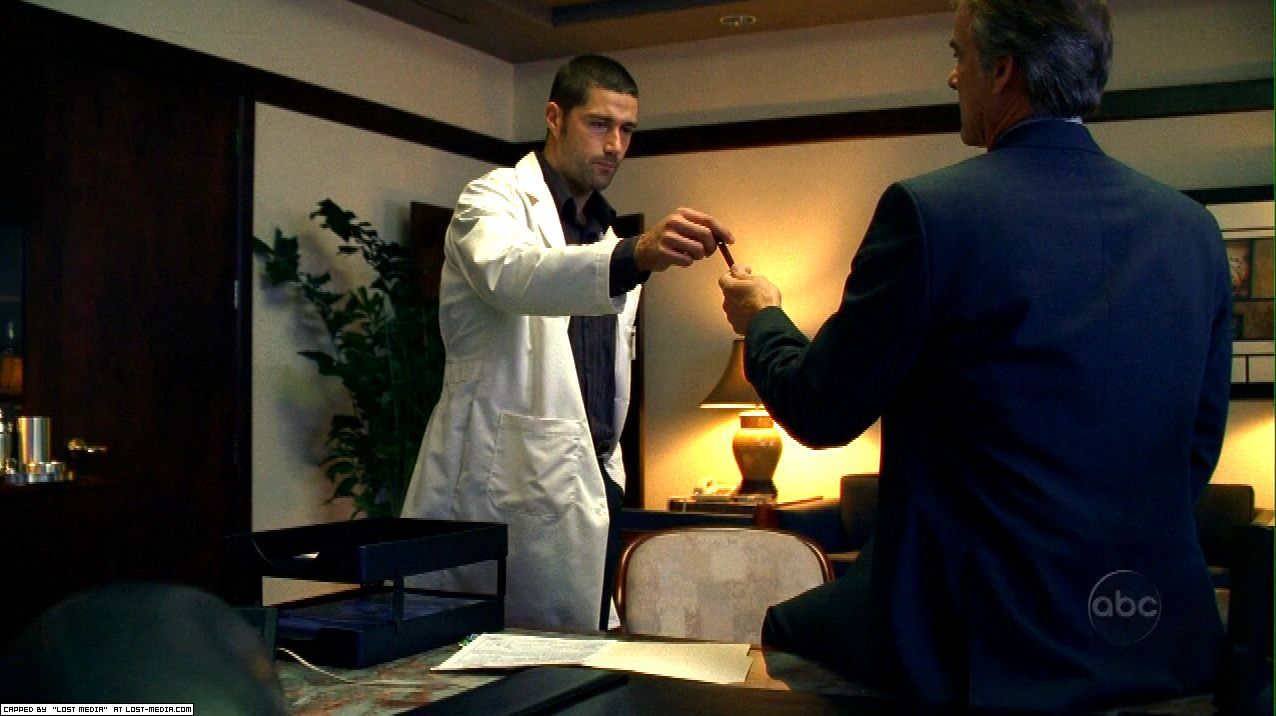
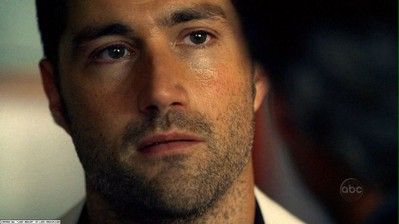
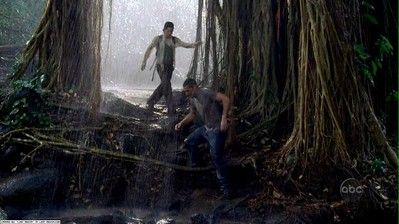
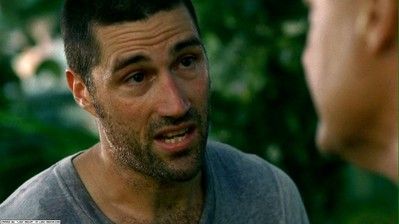
His suspicions of Kate were framed as another sub-issue of his preoccupation with not being lied to. He was angry at himself for guessing wrong about Claire's dream, for being imperfect again. And when he finally found Ethan, he couldn't stop fighting even when it was a lost cause, because he wasn't going to let "him" get away with "it" this time. Obviously, he was having transference issues.
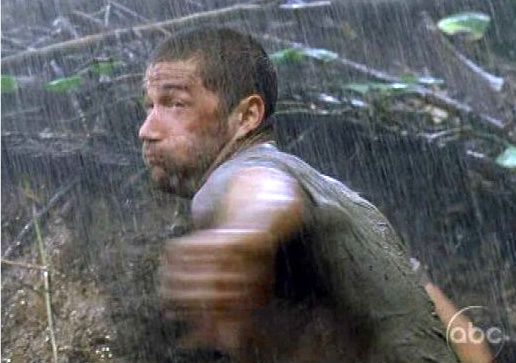
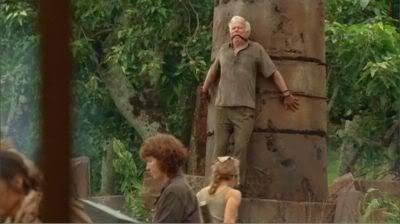
It's not uncommon in these myths of manhood for the son to end the madness by finally putting an end to daddy, by killing him. In this Jackback, the second, we watch Jack commit the act of metaphorical murder on his desperate, frightened father.
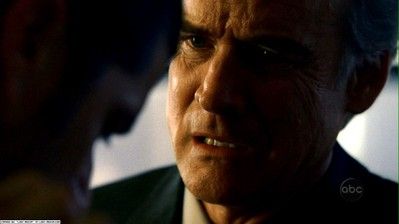
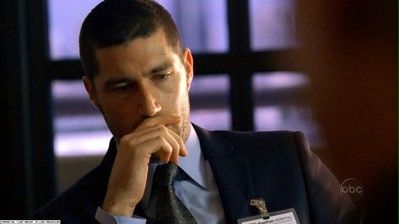
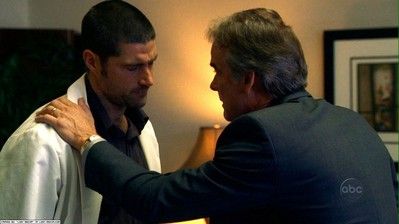
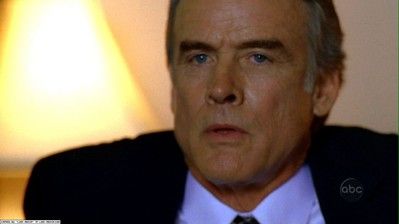
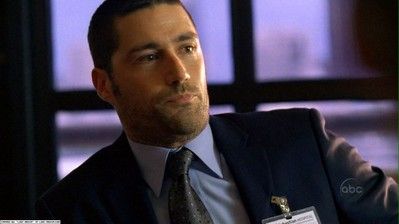
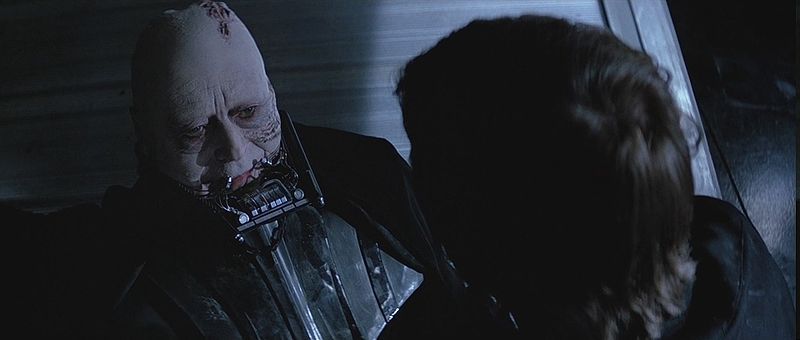
If they'd resolved things, then there really would never have been any need for this whole big story. That's the part that's coming up around this final bend. If we know nothing else, I think we all can feel safe in predicting that the final showdown between Christian and Jack will be a moment to remember in the final moments of Lost.
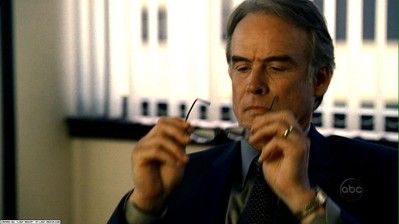
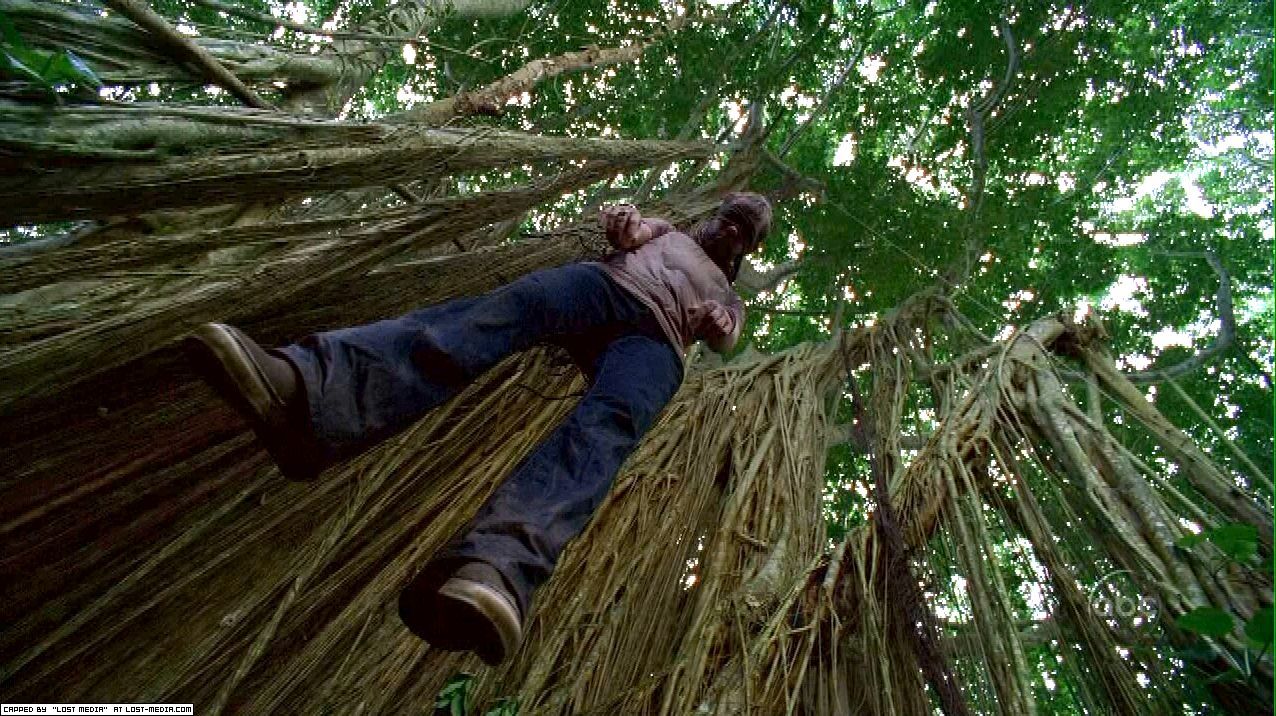
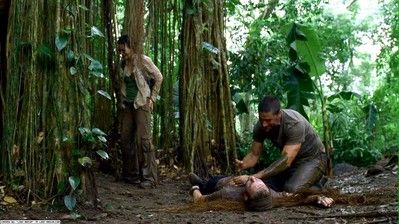
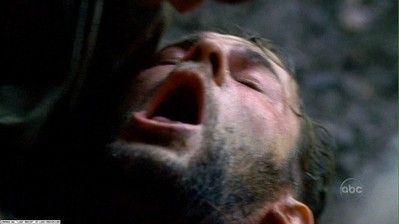
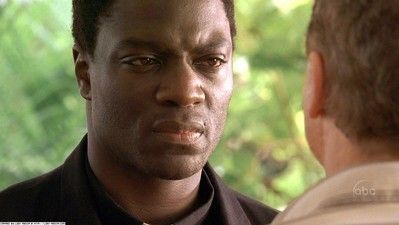
Eko came to visit Malkin in Australia after hearing that his daughter had been resurrected from a day she had spent being dead. To keep us on our toes, the writers had Malkin claim to be a fraud in this encounter. But later, the daughter would pull Eko aside and not only confirm that she had been returned from the dead, but that she had brought him a message from his dead brother, Yemi. We don't know yet what it means that life and death ride such a fine line together on Lost , but I have a very good feeling that we're about to find out.
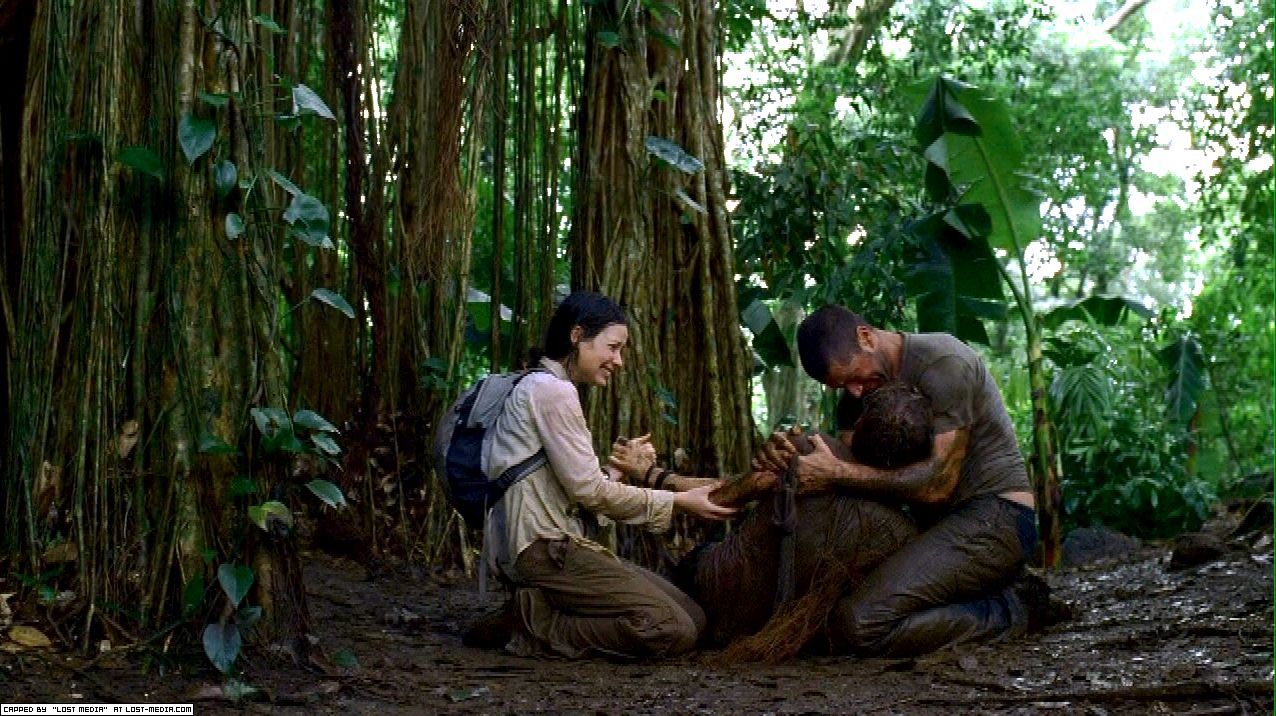

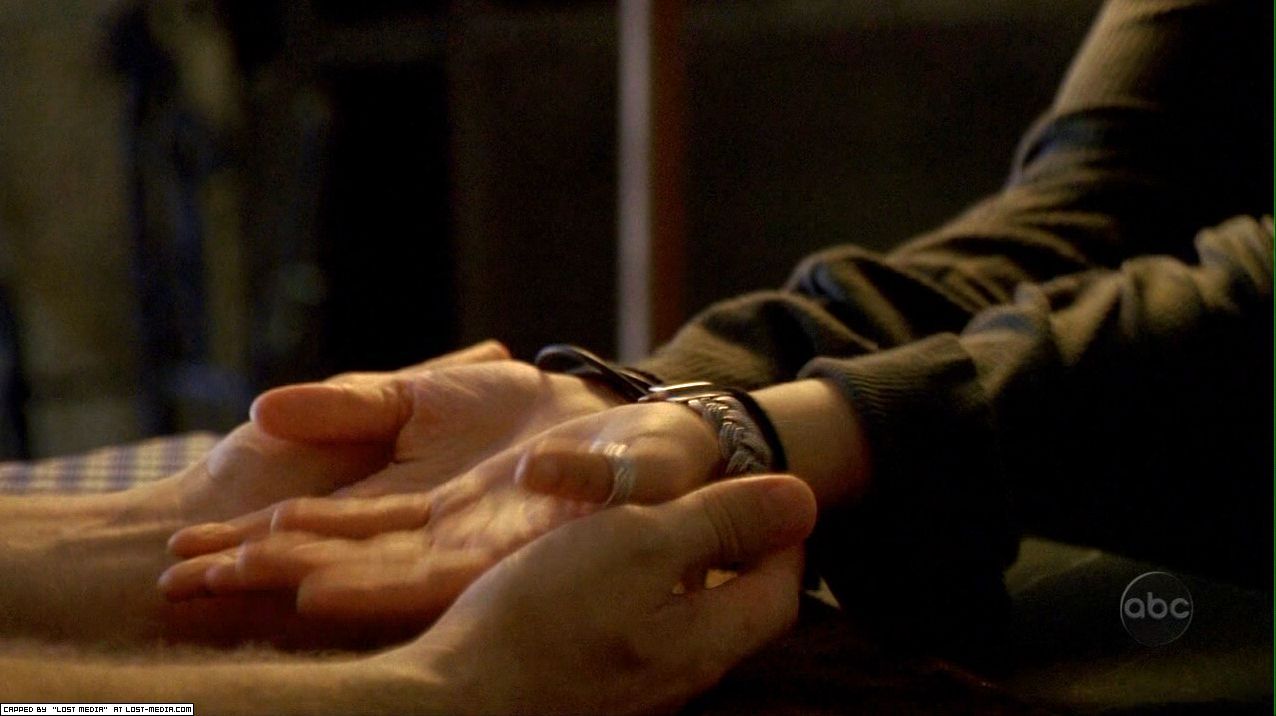
7 comments:
I just wanted to let you know that I am thoroughly enjoying these reviews - you're pointing out links that I hadn't noticed, due to the intervening years and fallibility of memory, and it's really pretty cool. I like your suggestion that Malkin was specifically trying to prevent Aaron meeting the critera for a mythic hero, although it is hard to see how the little dude will meet the rest of them. Please keep it up! I enjoy your analysis-heavy posts the most.
In regards to Richard Malkin, the island resurrected his daughter, but the island doesn't do anything out of the goodness of its heart. What if the price for that gift was to get Claire on flight 815.
Darlton said they considered having Malkin be the real Sawyer, so it kind of hints to everything Malkin did with Claire was a con to get her to the island. And what if Malkin's reaction wasn't to Aaron, but to Claire when he looked into her future and saw what would happen to her. What if the island threatened to take back the miracle and have his daughter be dead for real this time if he didn't do what the island wanted him to do?
In regards to Aaron, if Jack has successfully reset things, Aaron won't exist. Neither will Ji Yeon, since if Jin never goes to the island, he's remain impotent and Sun won't conceive their child.
In regards to Claire's dream, some of it was prophetic. The mobile that hung over the crib was in the Staff station where Ethan took Claire and convinced her to give up Aaron. Locke's eyes could represent the black and white forces on the island.
I've wondered if the Others are really in league with the man in black. We know now Ben never spoke to Jacob. Richard gave him pieces of paper with orders supposedly from Jacob. That means it was Jacob that came up with the list on who to kidnap. And the things the Others have done doesn't really jive as to what Jacob is presented as. Jacob also lives away from the Others in the foot statue, but what lives in their temple? The temple that Ben and Danielle's crew got altered at. Could it be the man in black?
The reason I loathe this whole reset thing, is I think it's a cheap way to write away stuff Darlton can't explain. Like Aaron. Just like they burned down the magical cabin, so they don't have to explain how it could disappear and move.
In regards to Christian, an interesting thing is as time went by Christian was presented as not being that bad. He tried to prevent Jack from cheating on Sarah. Jack beat the crap out of his father when he was trying to kick the booze and sent him back to the bottle, which is what resulted in Christian operating drunk and that woman dying. Then Jack turned around and ended his father's medical career which sent him to his death in Australia.
Maybe the reason Jack initially stayed quiet was because he knew on some level he was to blame for what happened. But when he heard about the woman being pregnant, something his father left out, he could play the hero and stop his bad doctor daddy.
Of course, it's also interesting that if Christian hadn't talked Jack through his first surgery [a big fact he left out when telling Kate his little story of how he conquered his fear] odds are Jack wouldn't even still be a doctor, yet it was Jack who destroyed his father's medical career.
I know Darlton keep saying Jack is the hero, but there's really nothing heroic about the man. They even had him admit to Sawyer his real reason for wanting to reset everything was so he'd never meet Kate and lose her. That's pure selfish motivation.
I also don't think Aaron is the ultimate epic hero, I think that position is going to end up going to Sawyer. They've dropped too many hints. The biggest ones being them having Sawyer injure his feet several times and Jacob living in a foot. And the name James being derived from the name Jacob. And what about Sawyer's nose bleeding when the other 815er's noses didn't? And who was the one who shared that long look at the island before climbing into the sub for his third failed attempt to leave the island.
I also found it interesting that when Phil was going to kill Sawyer, those metal poles conveniently impaled Phil before he could harm Sawyer, and Juliet [the reason Sawyer was going to leave the island] got a chain wrapped around her feet and she was dragged down into the hole to her death.
Anyway, we all have out theories. Those are mine and I'm sticking with it.
Never to be Raised by An Other. I think you've got it Fish! That's what Malkin was trying to prevent. He likely had no couple lined up in L.A. to adopt Aaron at all. Maybe we should ask why he chose to make Claire fly on 815, if he could foresee the crash. Maybe that particular path could not be altered for any of the characters.
Love the review, you're the best recapper out there. Thank you so much for revisiting Season 1. By the way, I love the manipulation of Rousseau. How do you do it? Great analysis, caps to demonstrate the topic with gifs and manips to boot. You're the wonder woman of Lost fans!
I just enjoy reading the term Jackback as it is so poingnant. The kids the kids the kids the kids. For starters I wish people would shutup about Zach and Emma. They were with the others. They are still with the others. If Walts story ends with going to school in New York and Locke saying he's been through enough I'll be disappointed. If Aaron's story ends with him being raised by granny Littleton I'll be disappointed. And if Yi Jeon's story ends with her being raised by Jin's bitch of a ma then I'll be disappointed. The first two especially better have some role in the resolution of this finely woven story.
Great Job Fish!
When it comes to Malkin I don't really think he foresaw Aaron's whole story but instead he just knew that she was supposed to raise him and the island would grant her the opportunity.
The pen jamming on Claire in the boardroom preventing her from signing the adoption papers reminded me of young Sawyers pen jamming on him when he tried to write his revenge letter. In this instance Jacob appears and facilitates his revenge, leading to the whole down the revenge path. Its funny that to me it seemed like Jacob was bit like the devil in so many other books and movies, signing your soul for something.
I am suspicious that Jacob is shoved out like a good guy, like Jack is as the hero, only to not be what we think he is. True to Lost style.
Very good read Fish, I like your perspective very refreshing and helping to kill the hiatus. Thanks.
Fish, as always I am blown away by your reviews. What a fantastic read.
Post a Comment